Note: Please bear with me for a few more posts focusing on Bangalore rather than Mumbai, as implied by the name of this substack.
One of Bangalore’s oldest and most popular second-hand bookshops, Select, was recently in the news because its 95-year-old proprietor, KKS Murthy, a much-loved and quiet presence at the shop in the city's heart, passed away. The Indian Institute of Science Community website has this short and informative profile of their alumnus, a retired Hindustan Aeronautics Limited engineer, who spent his life surrounded by books in a bookshop his father, a lawyer, started 80 years back: Read.
For many readers from other cities, the bookshops in Bangalore’s CBD are a must-visit when they come to the city, just as they are for me. Blossoms is probably the most popular destination, followed by Bookworm and Higginbotham's. However, Select is unique because it exclusively stocks second-hand books. Today’s images are from the shelves of this simple, very old Bangalorean bookshop.
Location: Brigade Road.
The bookstore is off Brigade Road, which is no longer the city's main high street. It seems to have been redesigned as Instagrammable East and Southeast Asian streets under a Tendersure programme. Just off Brigade Road is a small dead-end lane home to the bookstore, an example of the good old Bangalore.
The Entrance.
The messages that welcome you to Select.
Ground Floor:
The books here are a great introduction to Indian writing and include more recent, second-hand books. The range is vast and varied, but I felt that if you are trying to understand this part of the Deccan and Indian writing, this is a great place to search for books. Tip: Be patient. Many books are waiting for you, but they are playing hide-and-seek. Through the years, sorry decades, this is the floor where I spent the most time, and so have most people I know. I have never been disappointed. I have only been delighted.
Pleasant surprise: Most other readers browsing books with me were in their 20s with bright eyes, talking about their varied interests.
The Second Floor is a Portal
The floor above takes you to another time. While other popular bookshops in the CBD offer second-hand books, none provide an experience quite like this—it truly feels like a journey back in time. This is likely due to the way the books are arranged. You begin with what feels like India over the last 80 years, and as you move deeper inside, you enter different eras.
You’ll soon understand why this bookstore is popular with historians and researchers: it houses books on forgotten stories that shaped India into a vibrant union of states, and the politics that held the subcontinent together. For someone like me, older and vaguely familiar with the news, events, and personalities once encountered in newspapers and magazines in the last century and the first decade of the present, these memories, long forgotten, leap out from the titles on the shelves.
And yet, not all the stories we find are in the books themselves — some are the ones our minds begin to invent.
Browsing books becomes a kind of fantasy trip. Some of us turn into children again when we see book covers, weaving stories around books we cannot own but encounter for just a few moments.
We connect dots that may not exist. Our memories play tricks on us, and we indulge them, linking things we don't fully understand today with something that happened long ago. We drift from one book to the next, floating in a space between memory and imagination.
Maybe it's the smell of old paper, or the slow churn of ceiling fans. Perhaps it's the scent of summer evenings in Bangalore, when distant thunderstorms rumble and the air holds its breath.
The following book caught my eye because of an interest I developed in governance systems after a visit to China, where I observed the concept of 市长经济 (Shìzhǎng Jīngjì), which translates to "Mayor Economy" or "Leader Economy." This system is a top-down, hierarchical, urban-focused model, reflected in the rapid growth and governance of Chinese cities. It contrasts with my memories of Panchayati Raj, India’s bottom-up, rural-oriented governance system that was a major topic of discussion in the 1980s and early 1990s, around the same time both countries embarked on significant economic reforms and new developmental directions.
Here is a book that might pull you into another rabbit hole. If you let it. Dig a little deeper into the shelves, and you assemble a picture of the past: the debates, the decisions, the very human emotions and intelligence behind their actions. We will be surprised that they behaved much like we do now, but they seem to speak of their actions with a kind of rawness, their contradictions and compromises visible to all.
Gandhi and Gandhian ideas occupy a striking amount of shelf space here at Select. Maybe that is why it is a place historian Ramachandra Guha talks about. However, many of these books were published in the 1980s and early 1990s, when responses to rising sectarianism were urgently written. Leafing through them, you sense a quiet but fierce resistance, authors pushing back against the growing tide of hate-mongering and violence, much of it linked to the BJP and RSS-affiliated groups and the response to that from other sectarian groups. Maybe these books don’t just revisit Gandhi; they reclaim him for troubled times, much like how we use Dr Ambedkar’s writings and speeches and publishers like to commission books about him to do the same in current times.
Surprisingly, I didn’t come across books by or about Dr Ambedkar or dalit literature while browsing. I could have missed them, but there were a lot of books about and by SL Bhyrappa.
Found. Some people who are not forgotten but are occasionally remembered.
Among the books is this little shrine to KKS Murthy
Maybe it was because Mr Murthy worked in HAL, where West Germans had a strong presence during the Cold War days, there are shelves full of German books here. So if you are German residing in Bangalore, do have a look.
There are a few Russian and Italian books too.
Colonial Hangover.
A large part of the collection is British, books by them, about them, or about the empire they once ruled. The shelves groan under the weight of their haughty self-regard. Their endless wars, endless talk, endless observations that allow them to divide and rule, redraw maps and mann ki vaat about western civilisation, and an unshakable belief in the greatness of an empire that is now a post-Brexit joke. They all now read like a record of brutality.
Interestingly, many titles explore Britain’s relationship with its successor states, the United States and Canada. That thread leads into a room tucked away inside, where a full shelf is devoted to America and the West during the Cold War. These are, for the most part, Western accounts. I didn’t spot a single book printed in the Eastern Bloc.
Somewhere, as I browsed, Trump and Meloni were shaking hands, promising to make the West great again. The books here offer enough clues about how they might go about it and the violence that any tribe with civilizational ambitions, whether from the north, east, west, or south, is likely to unleash on others.
And there are some French ones too, in a similar vein.
From Britain to America.
I skip the Kannada section and continue browsing into what feels like a study in colonial hangover. The transition from the British to the American world is seamless. The American books are tucked away in a separate room, sharing space with several well-thumbed Indian titles from before the 2000s.
Some of the books on American history and policy are excellent. Serious, works that seem to have made their way here from private collections or perhaps the State Central Library in Cubbon Park. Looking at who the old owners were is a beautiful trip.
This book could be about stupid, colourless people, rage personified by Donald Trump and his friends. However, it is a book about Canadian politics in the 1960s.
The geography changes when power shifts from England to America.
This place seems to be a good place to source old books from.
And then some latest books ;)
Imagine if we could read the minds of people browsing in a bookshop — the silent thoughts, strange associations, and secret memories sparked by a glance at a spine. The connections we make, the stories we invent, the pleasure chemicals released in the process.
Does anything remotely like that happen when we scroll through Amazon? An empire run by a man who once stood beside Trump and other billionaires who want to rule the world, but still can’t suggest the right book, even with all the artificial intelligence they can summon in seconds.
When a bookseller like the one who runs Select looks at someone browsing, or starts a conversation, something deeply human passes between them, something no amount of American greed, Silicon Valley intelligence, or our own tech ch. Nandan Nilakeni and the company’s data pyaas, or Deep Seek dashboards, can grasp.
And yet, I don’t make time to visit bookshops more often.
So that’s my small, meandering selection. Images of books that caught my eye and carried me off on a fantasy trip. I picked up a well-thumbed, heavily underlined copy of Salman Rushdie’s Nicaraguan Journey called The Jaguar Smile. It’s his first full-length non-fiction book, which he wrote in 1987 after visiting Nicaragua, for the office library and a colonial-era English edition of Tagore’s Chitra / Chitrangada for my Bengali colleague, Spandan. Both from the ground floor.
I wonder what you’ll discover. And which books will choose you.
That’s all, folks.
Select.
No.71, Brigade Rd, the small thindi/khau galli opposite Peco’s and Rest House Crescent.
Message outside Select:
12 REASONS WHY READING BOOKS SHOULD BE PART OF YOUR LIFE
Knowledge Highway: Books offer a vast reservoir of knowledge on virtually any topic imaginable. Dive deep into history, science, philosophy, or explore new hobbies and interests.
Enhanced Vocabulary: Regular reading exposes you to a wider range of vocabulary, improving your communication skills and comprehension.
Memory Boost: Studies suggest that reading can help sharpen your memory and cognitive function, keeping your mind active and engaged.
Stress Reduction: Curling up with a good book can be a form of mental escape, offering a temporary reprieve from daily anxieties and a chance to unwind.
Improved Focus and Concentration: In today’s fast-paced world filled with distractions, reading strengthens your ability to focus and concentrate for extended periods.
Empathy and Perspective: Stepping into the shoes of fictional characters allows you to develop empathy and gain a deeper understanding of different perspectives.
Enhanced Creativity: Reading exposes you to new ideas and thought processes, potentially sparking your own creativity and problem-solving skills.
Stronger Writing Skills: Immersing yourself in well-written prose can improve your writing style, sentence structure, and overall communication clarity.
Improved Sleep Quality: Swap screen time for a book before bed. The calming nature of reading can help you relax and unwind, promoting better sleep quality.
A Portal to New Worlds: Books transport you to different times, places, and realities. Experience thrilling adventures, historical events, or fantastical journeys from the comfort of your armchair.
Lifelong Learning: Reading is a journey of continuous learning and self-discovery. There’s always something new to learn, regardless of your age or interests.
Conversation Starter: Books provide a treasure trove of topics for conversation, fostering connections and enriching discussions with others.


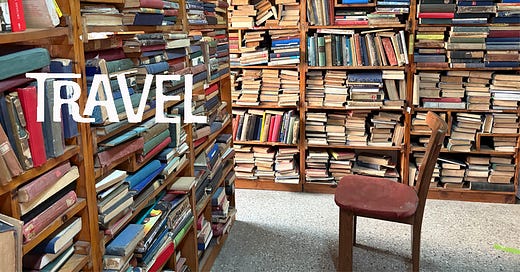



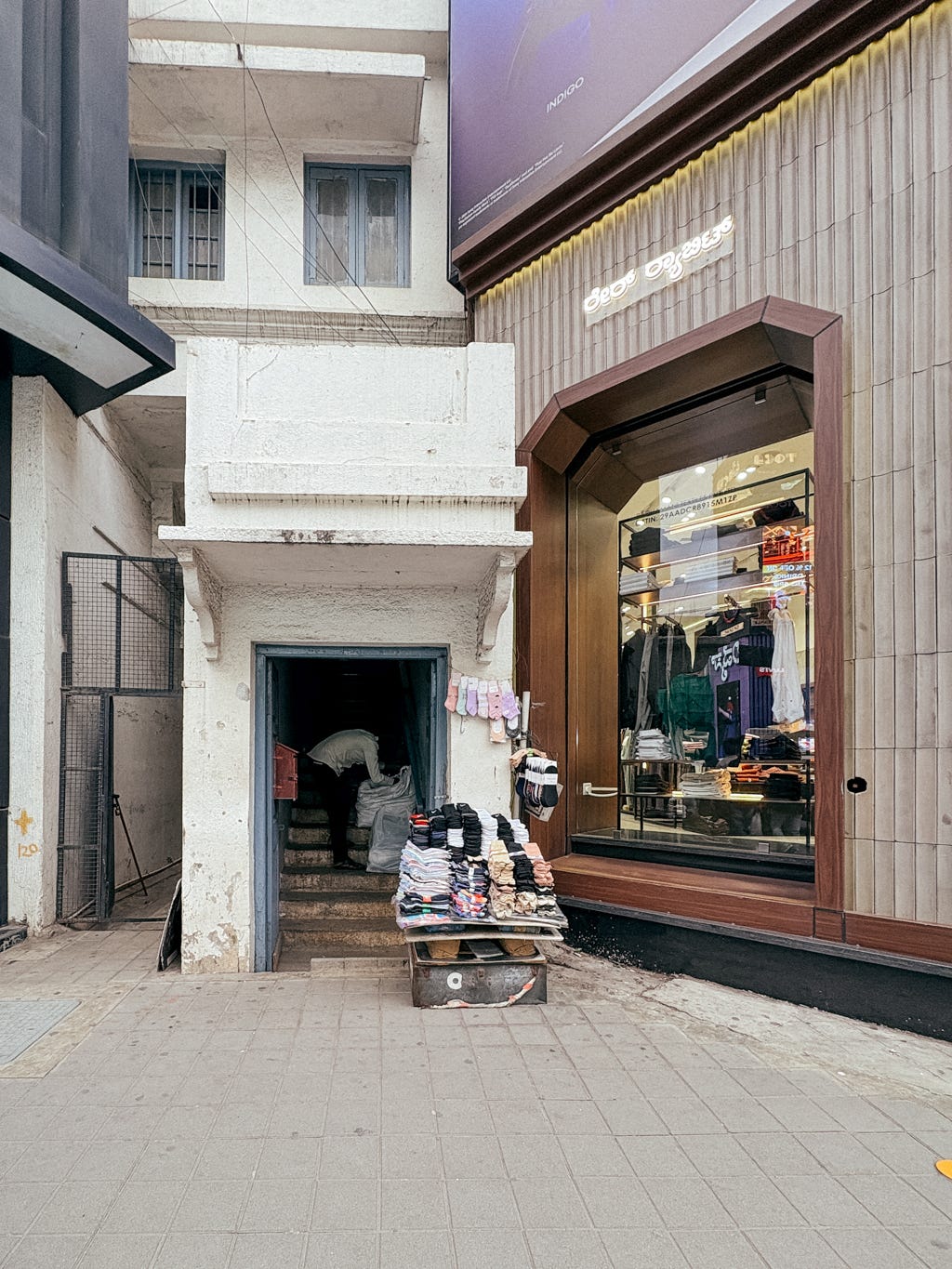
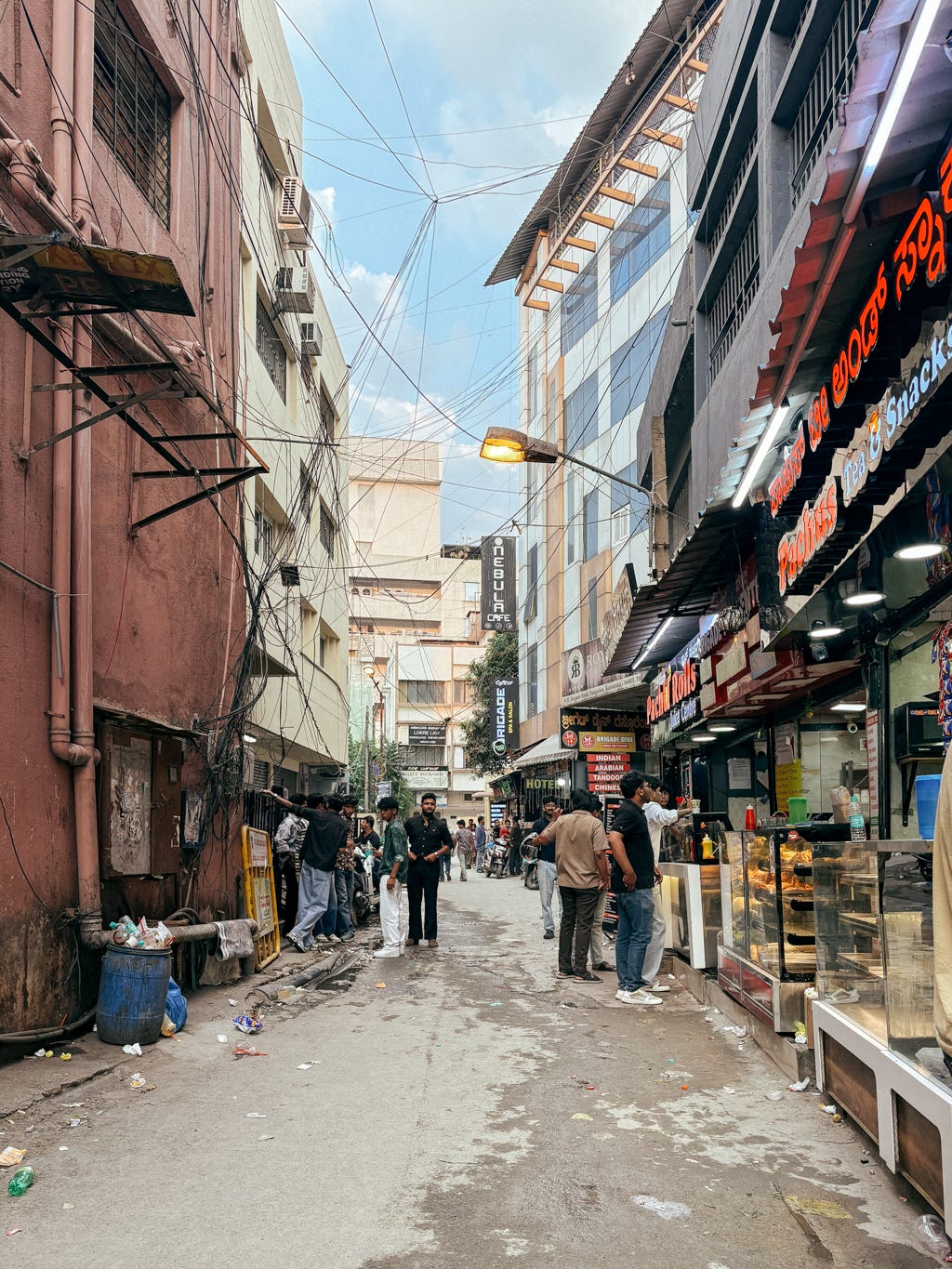
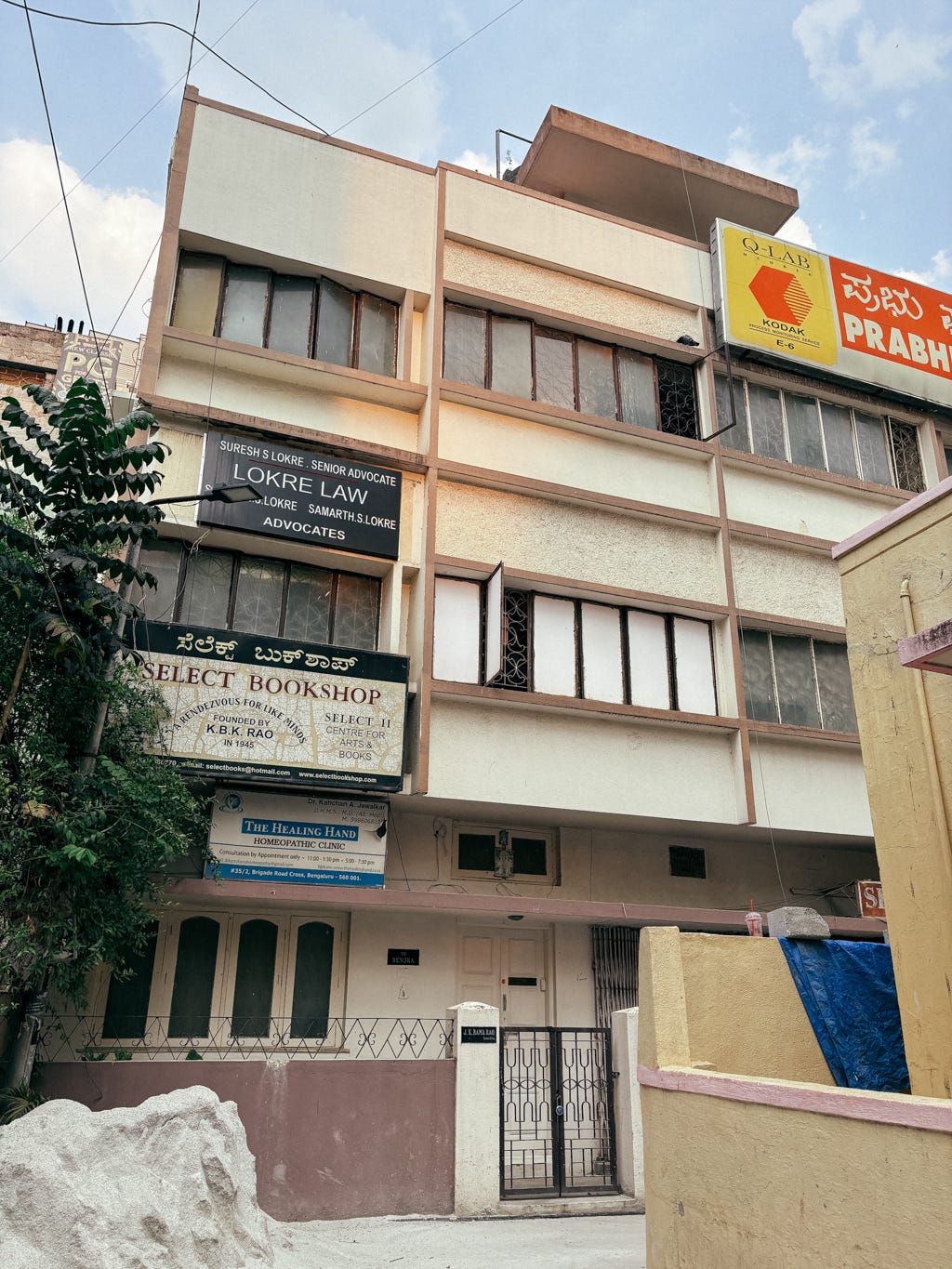

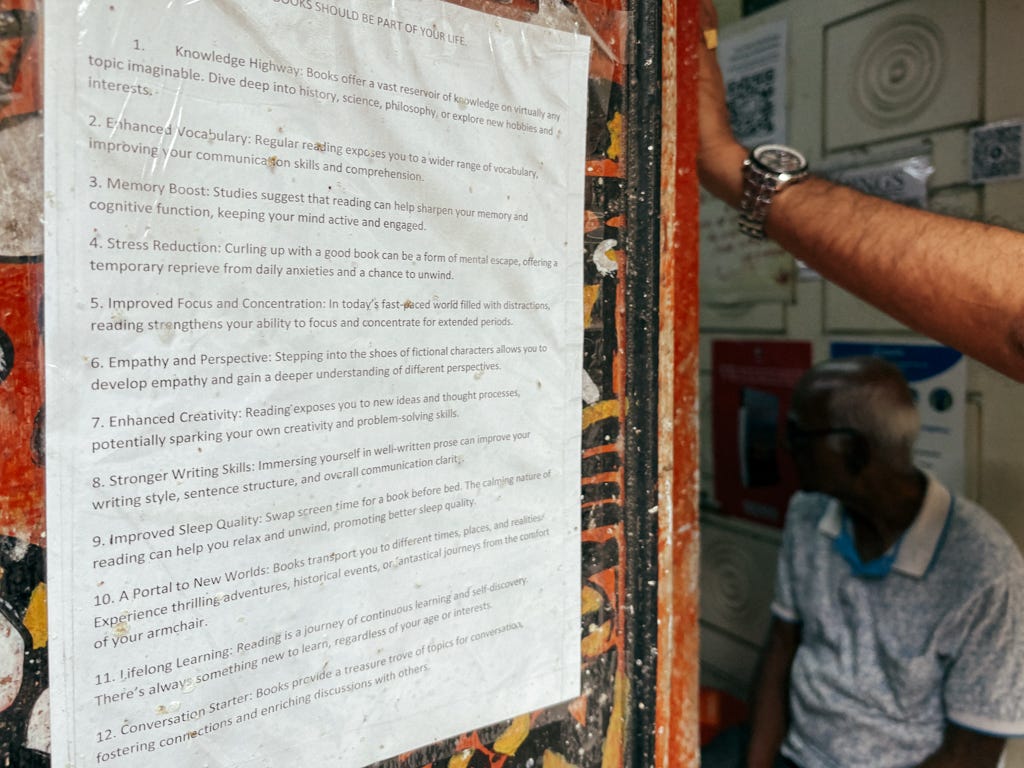
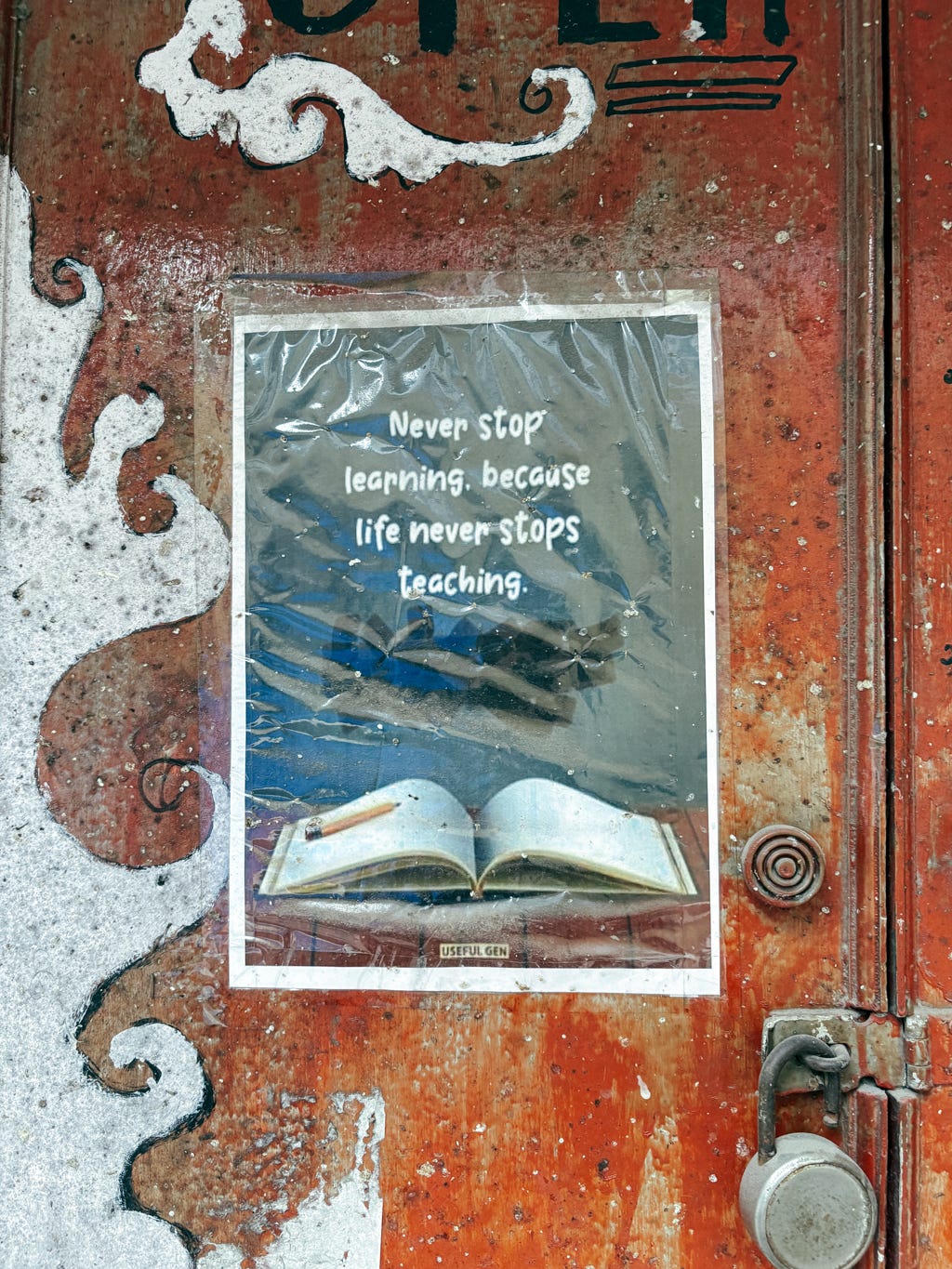
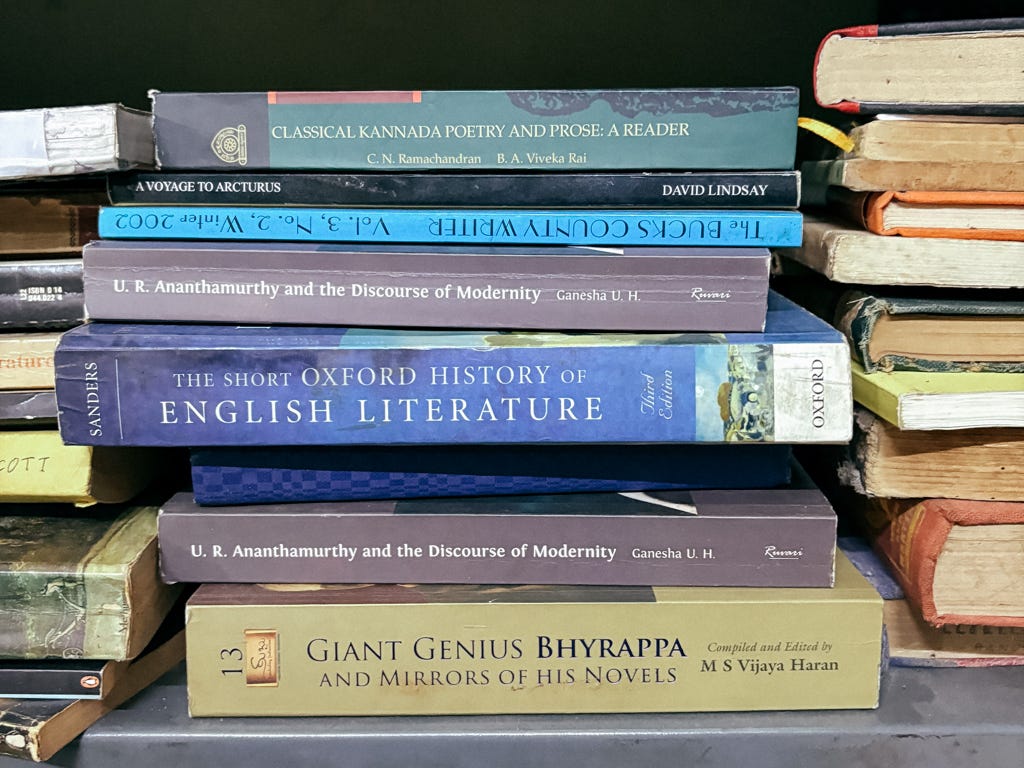
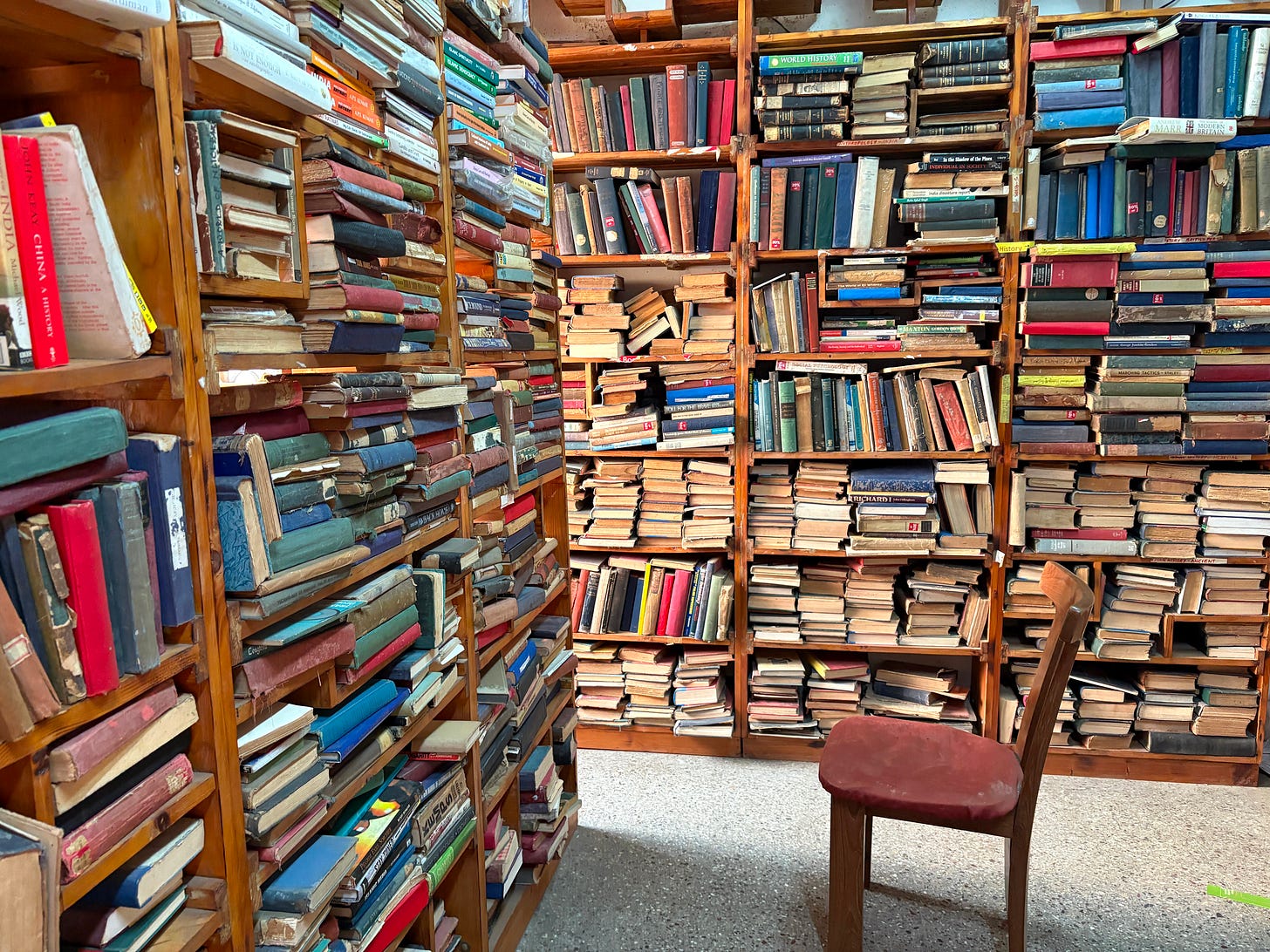
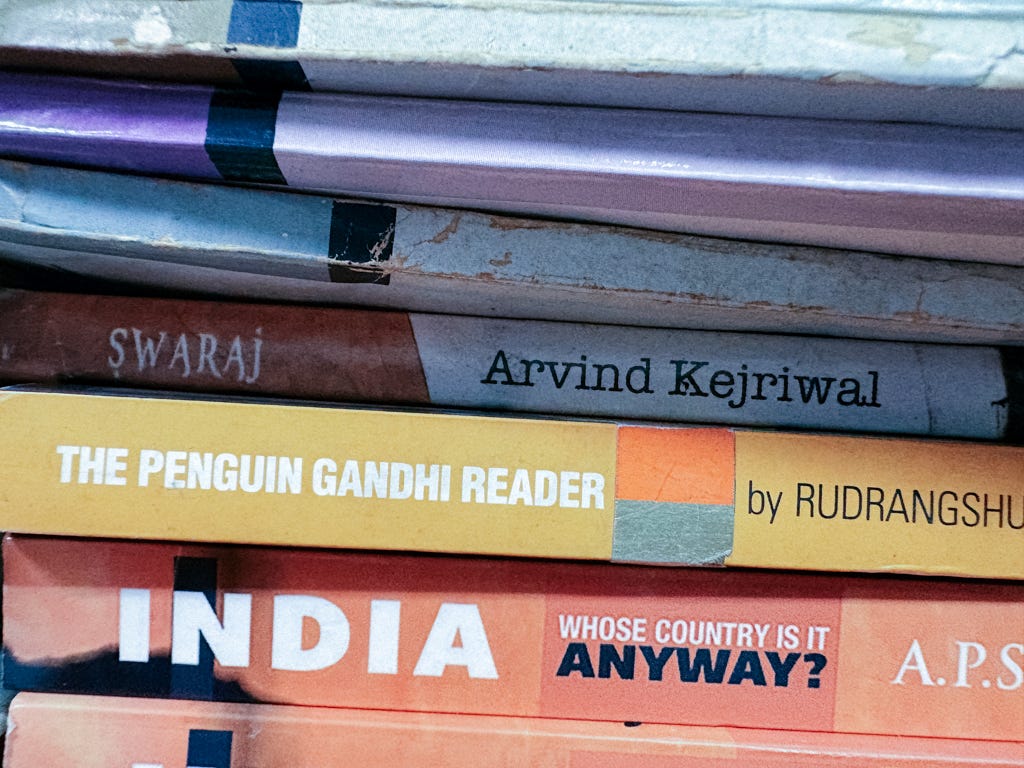
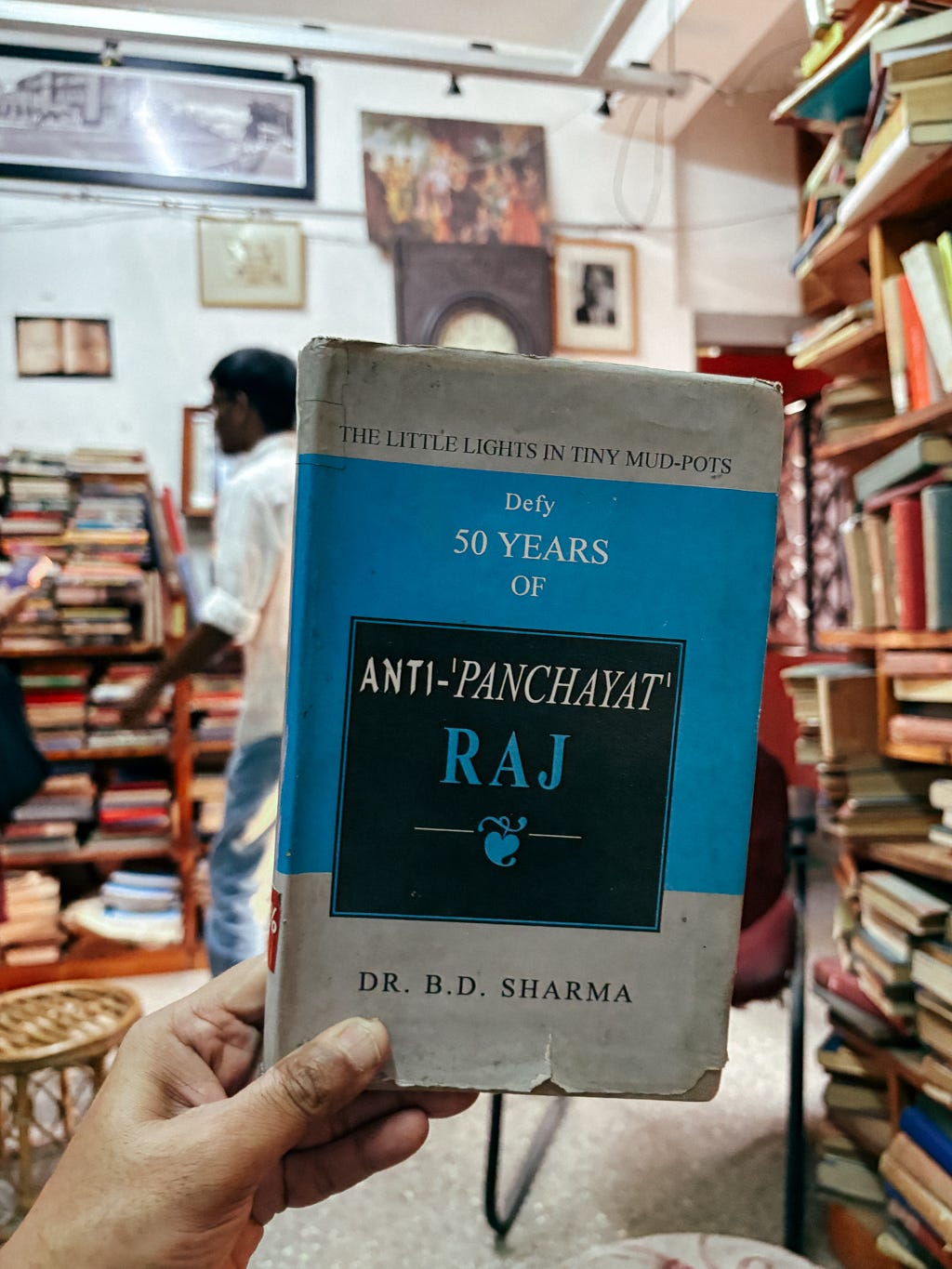
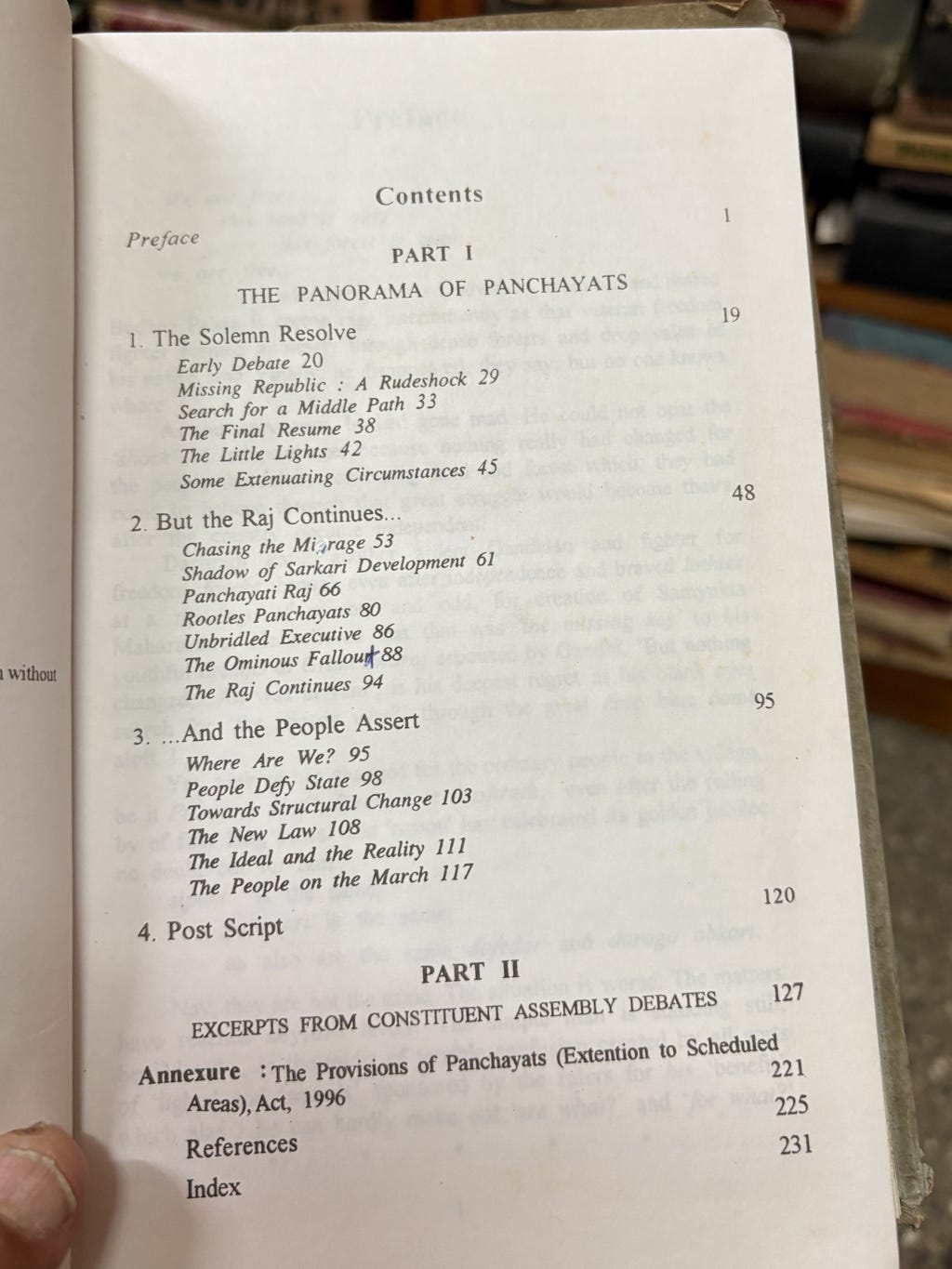
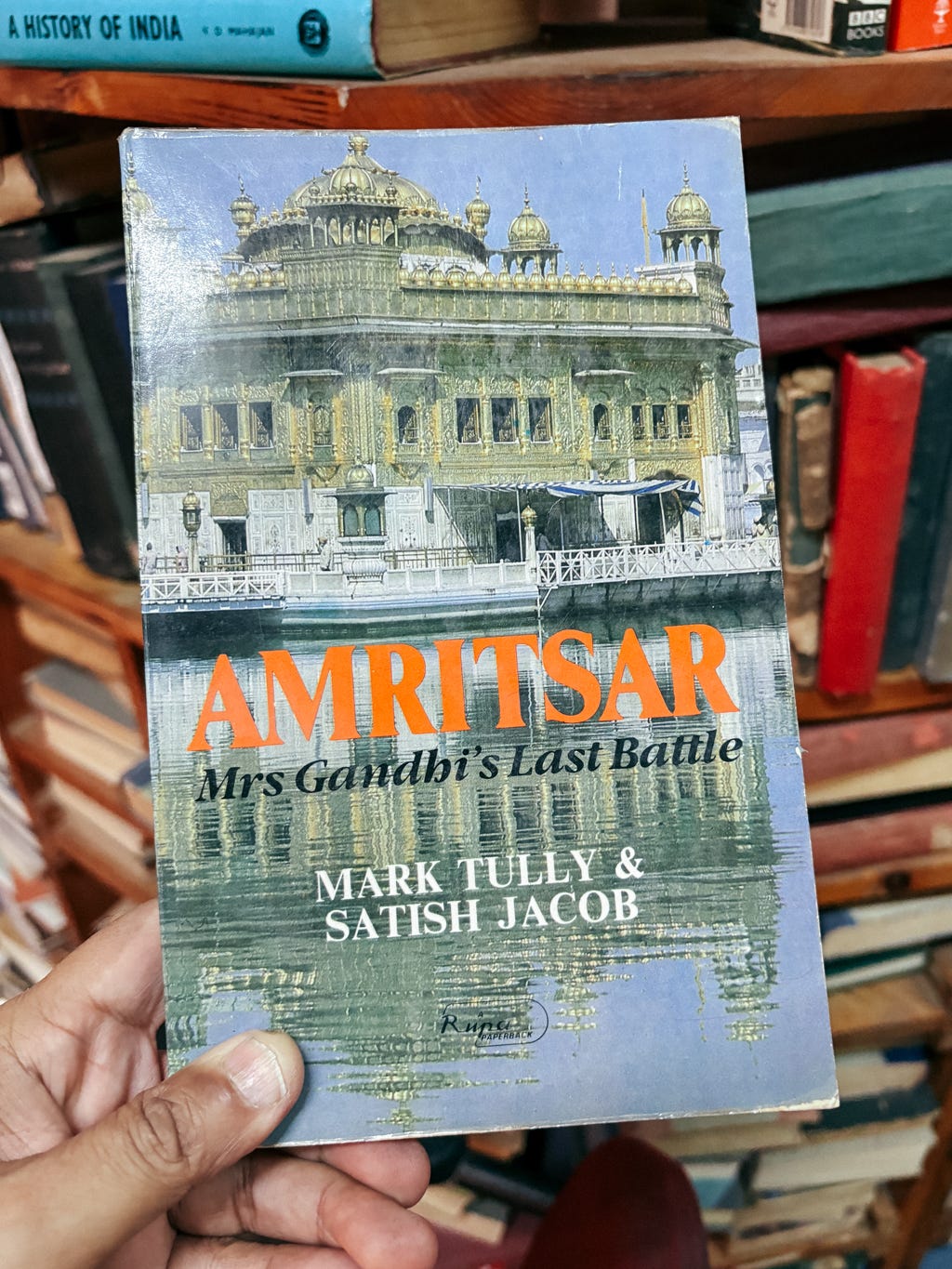
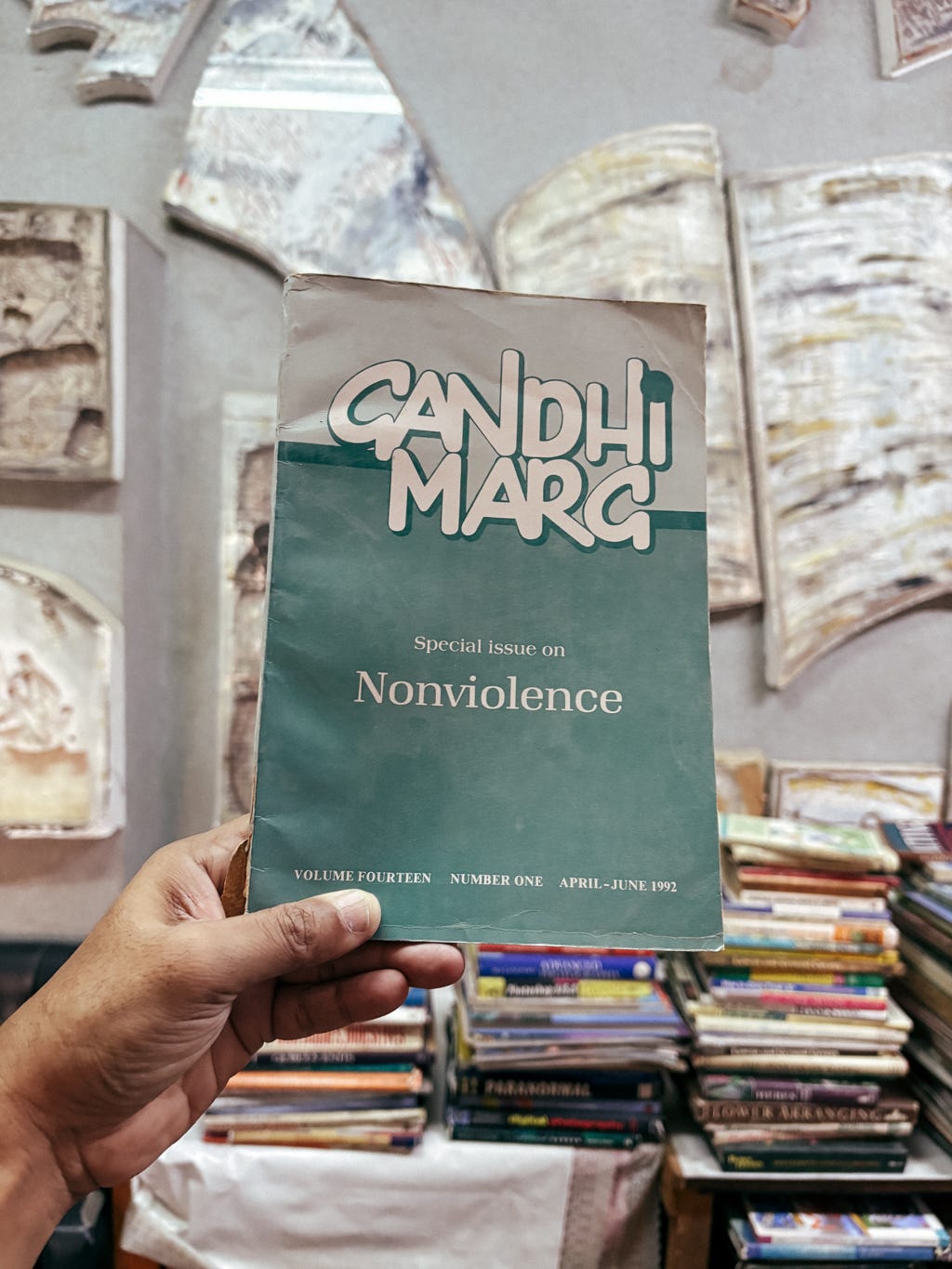
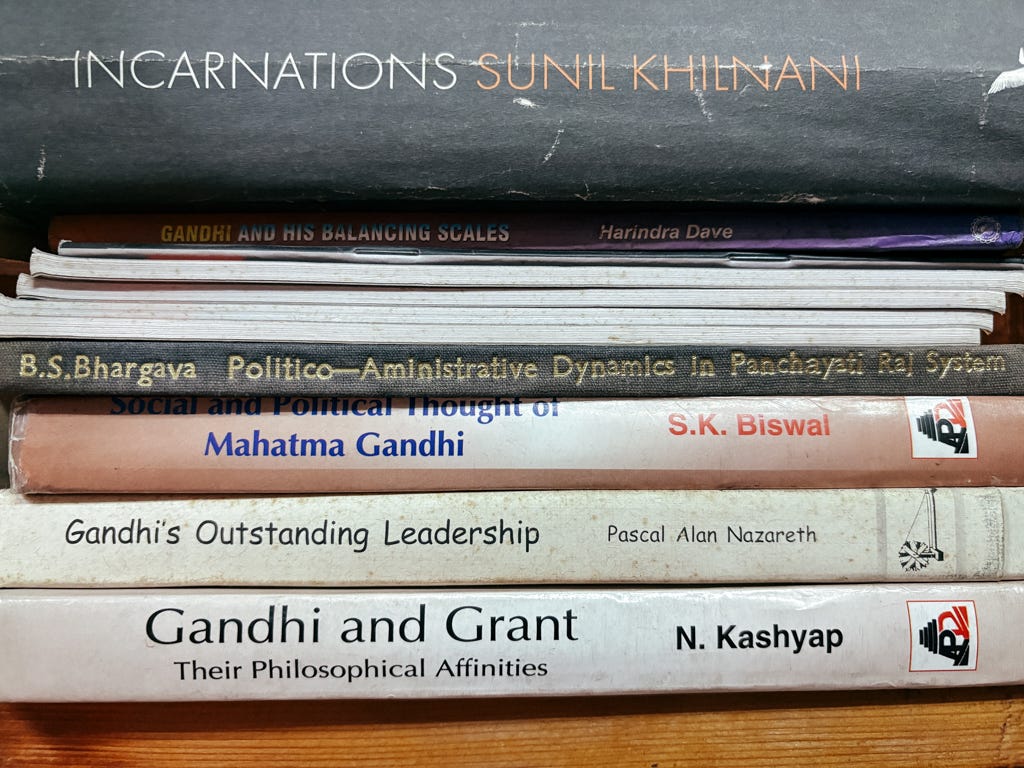
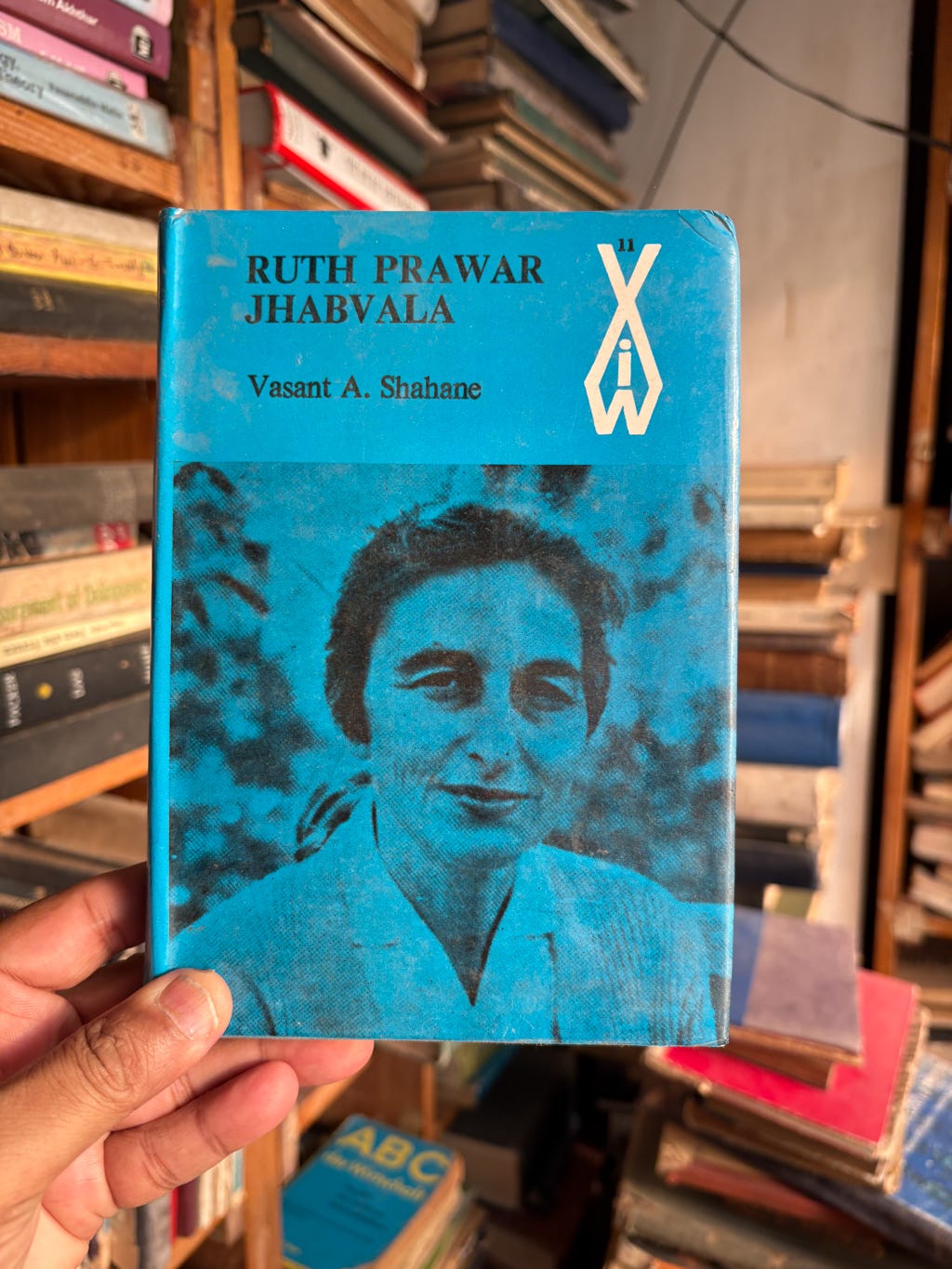
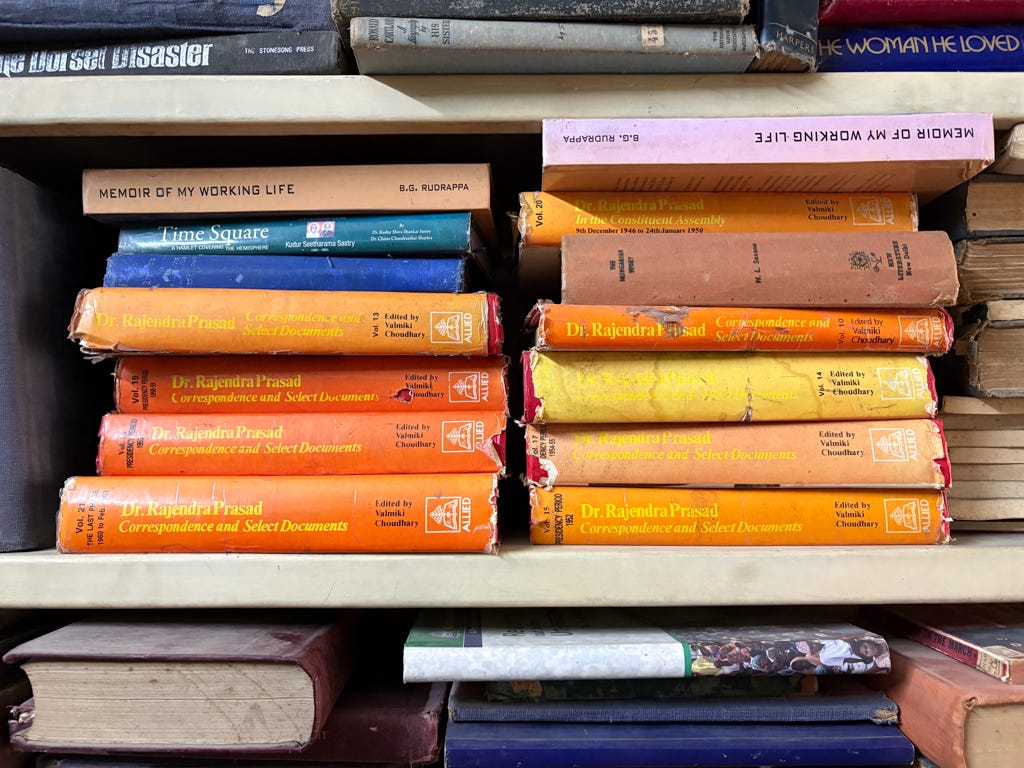
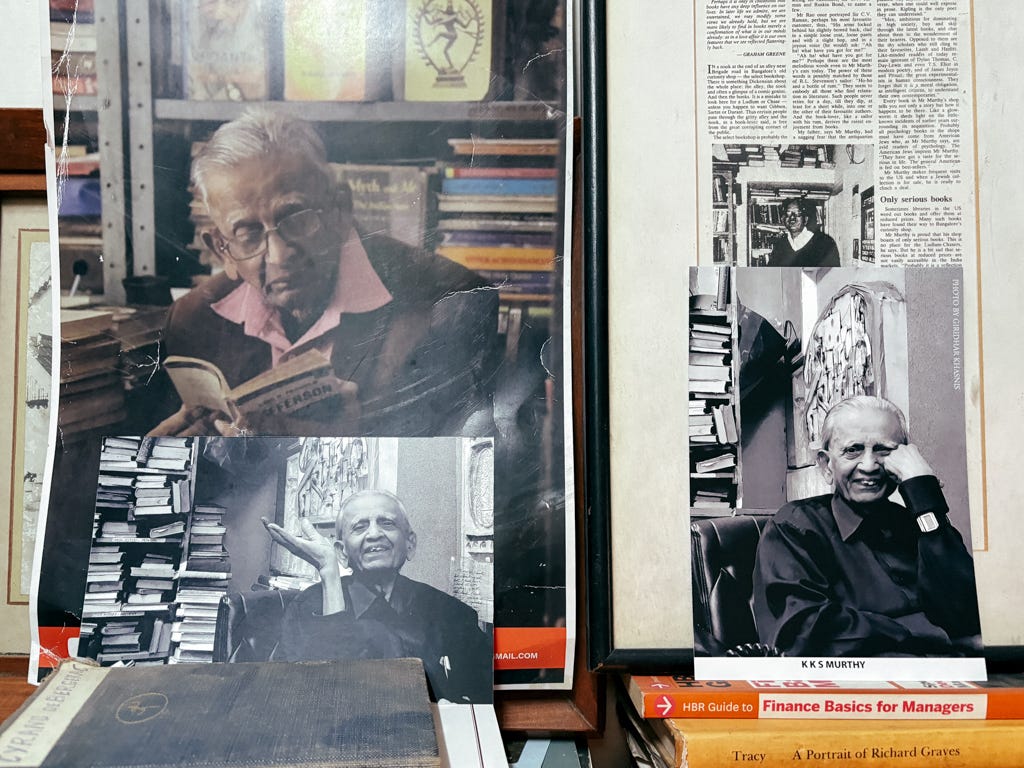
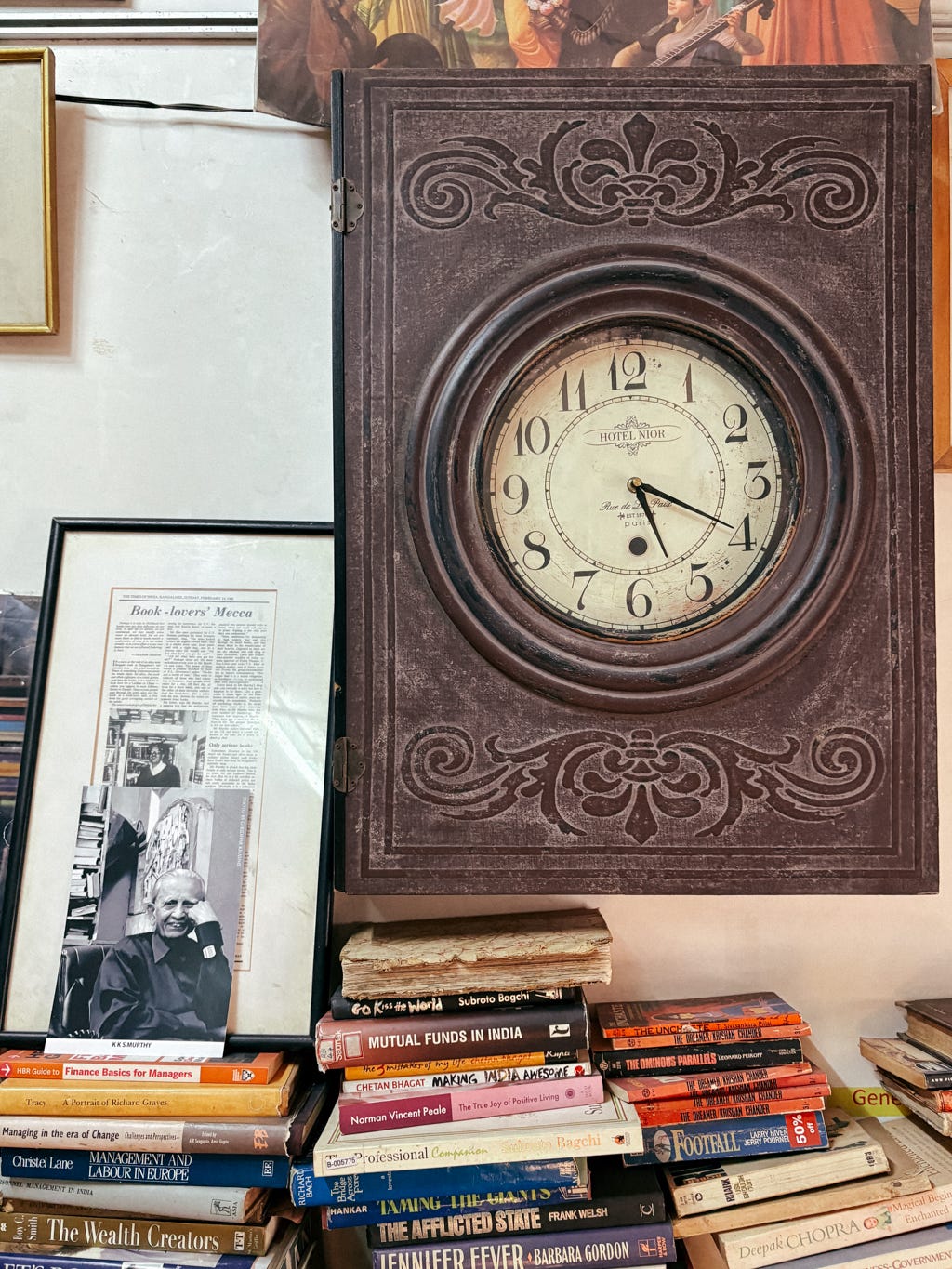
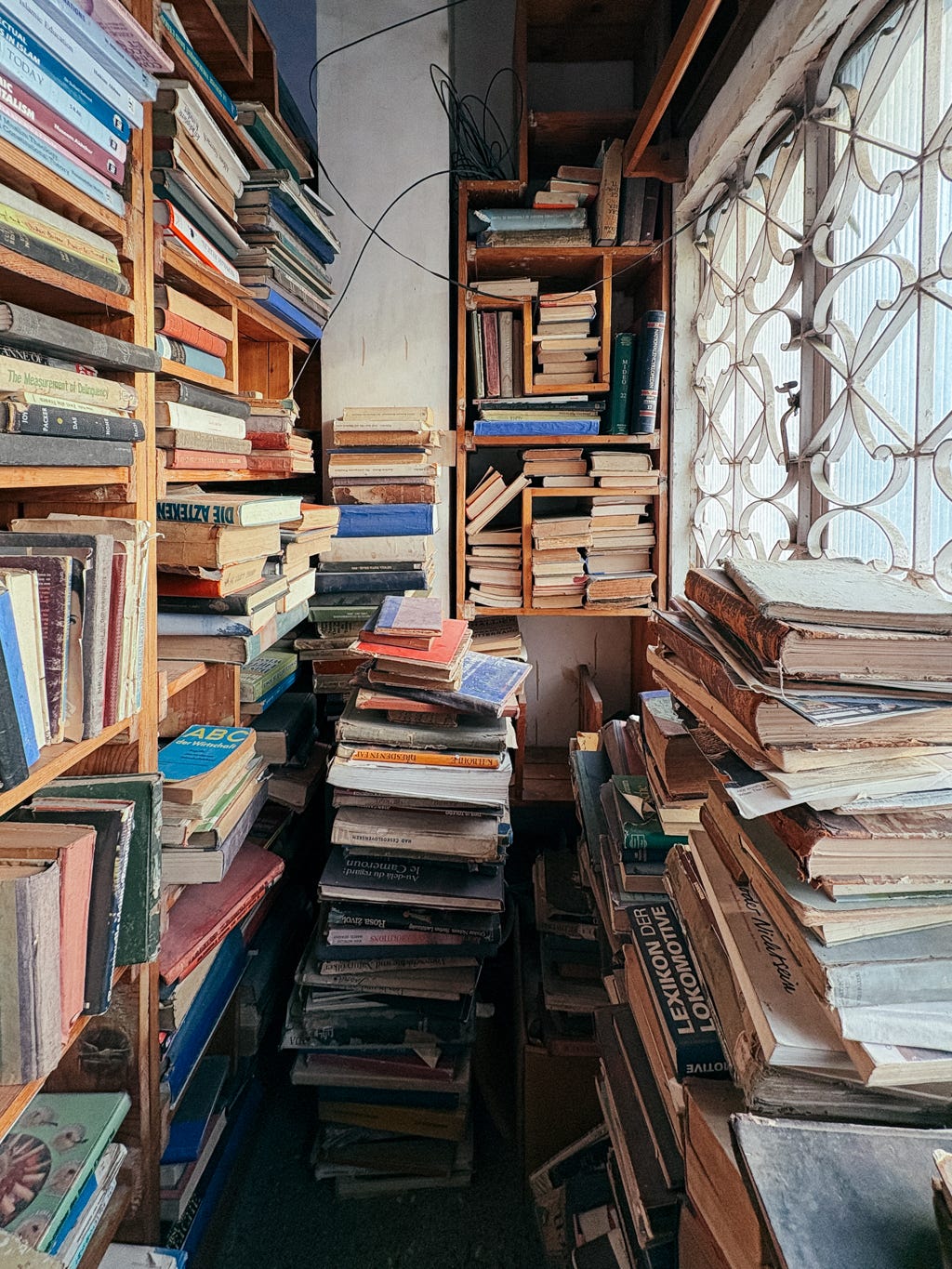
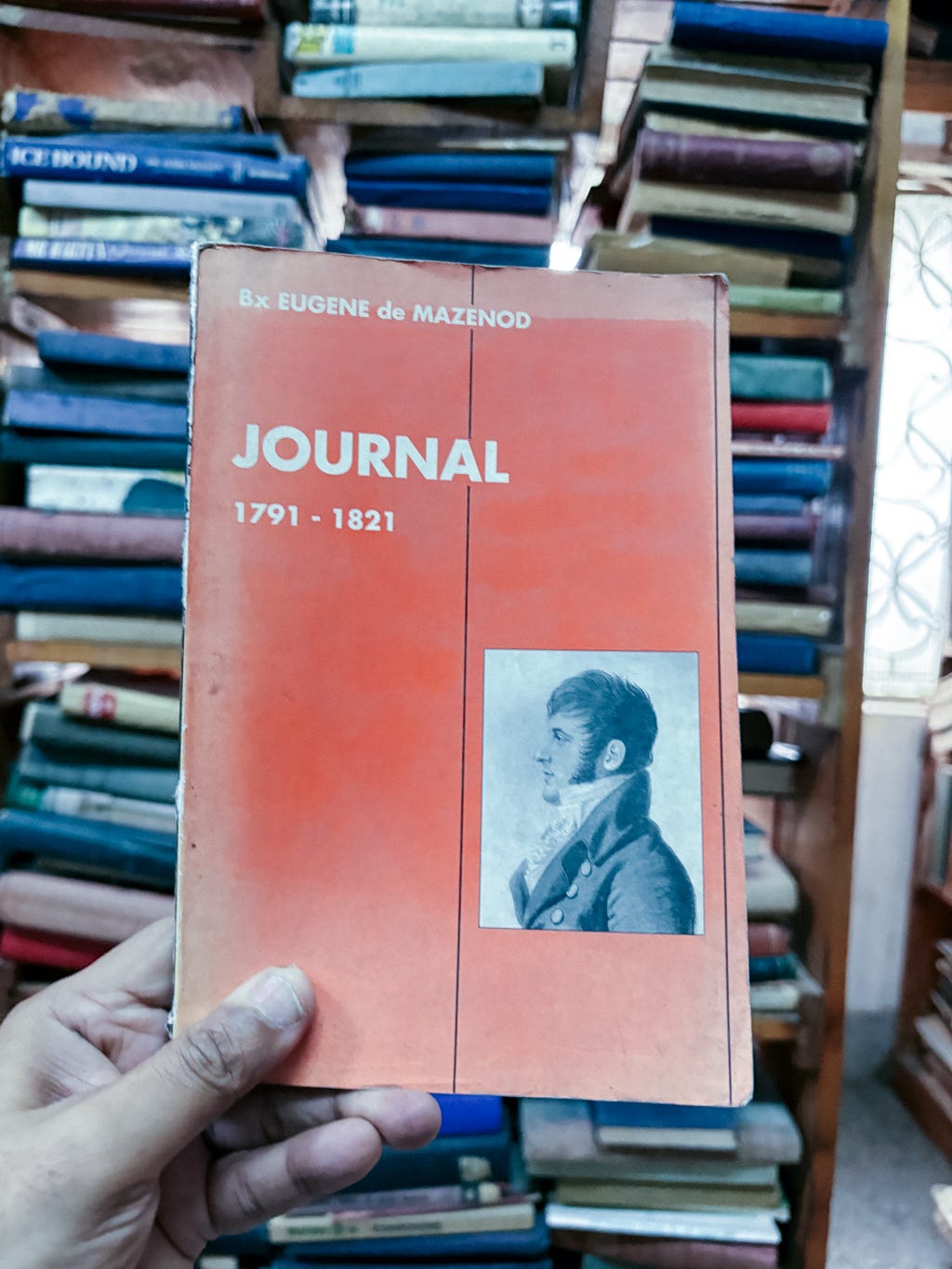
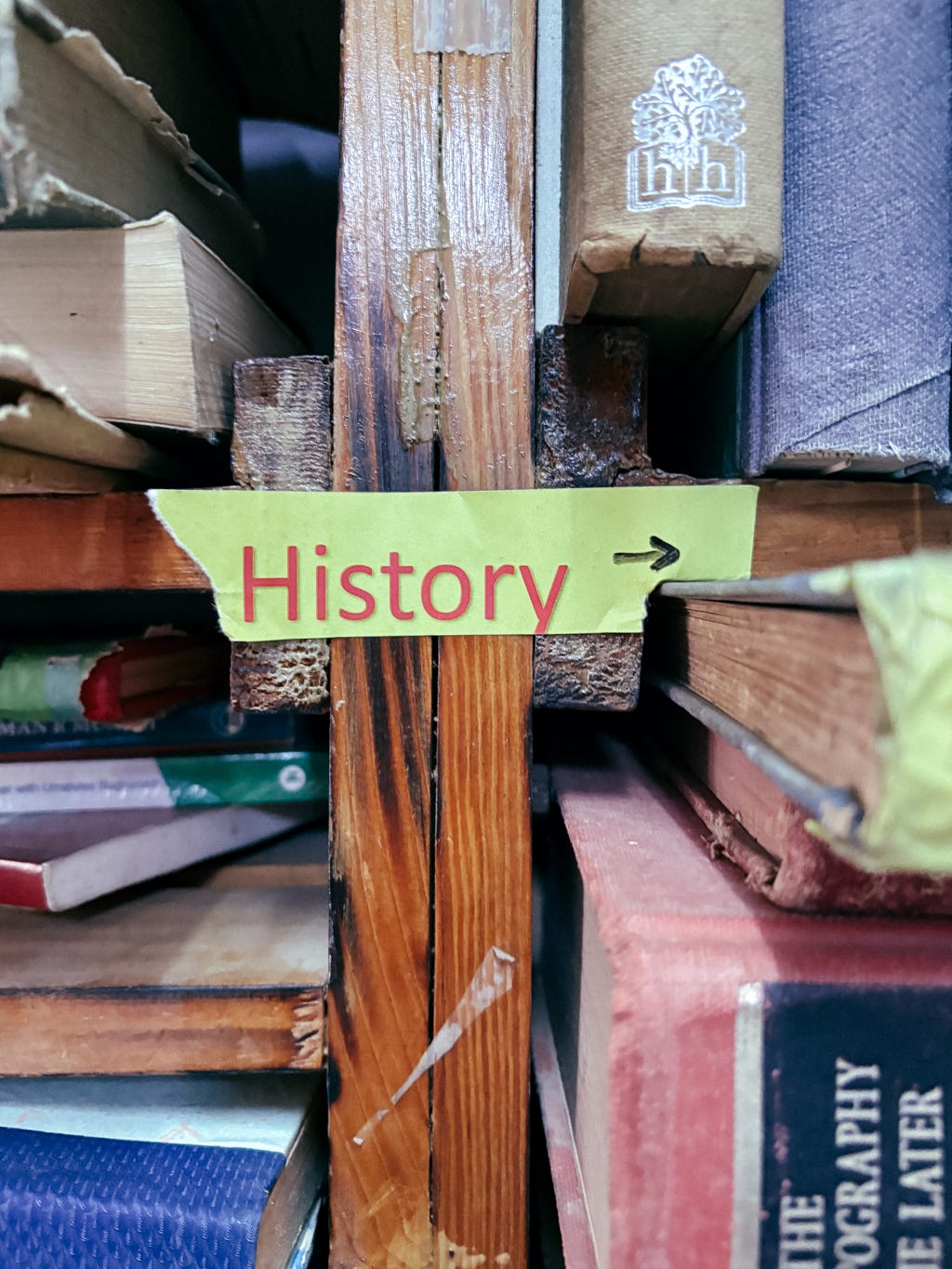
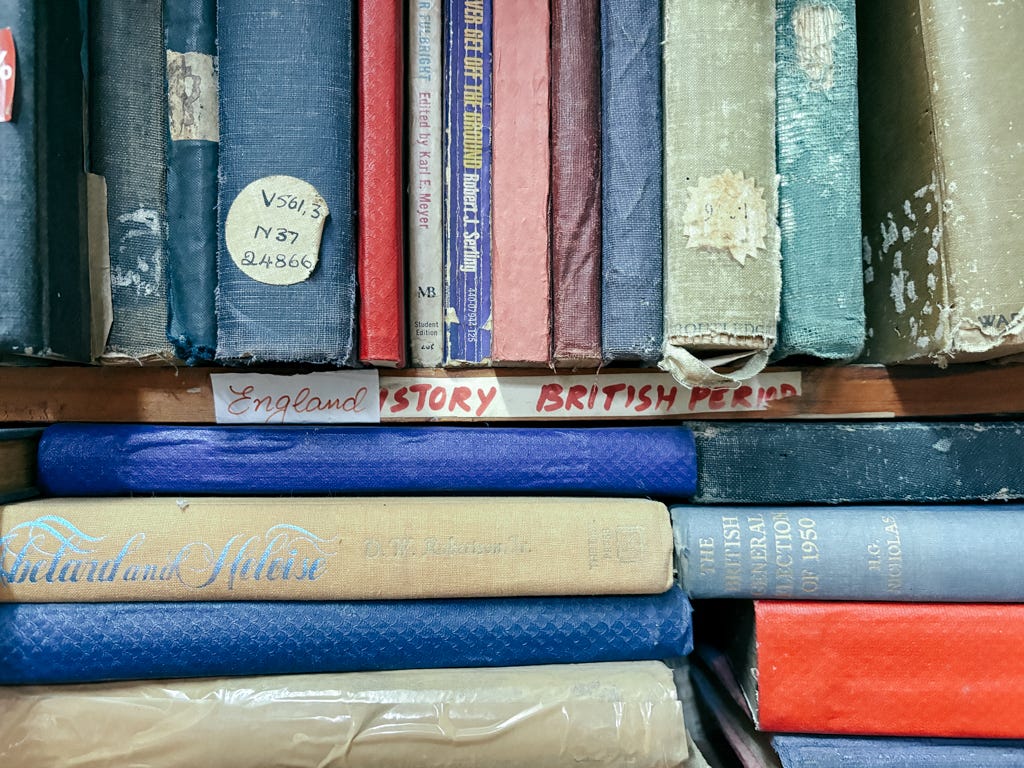
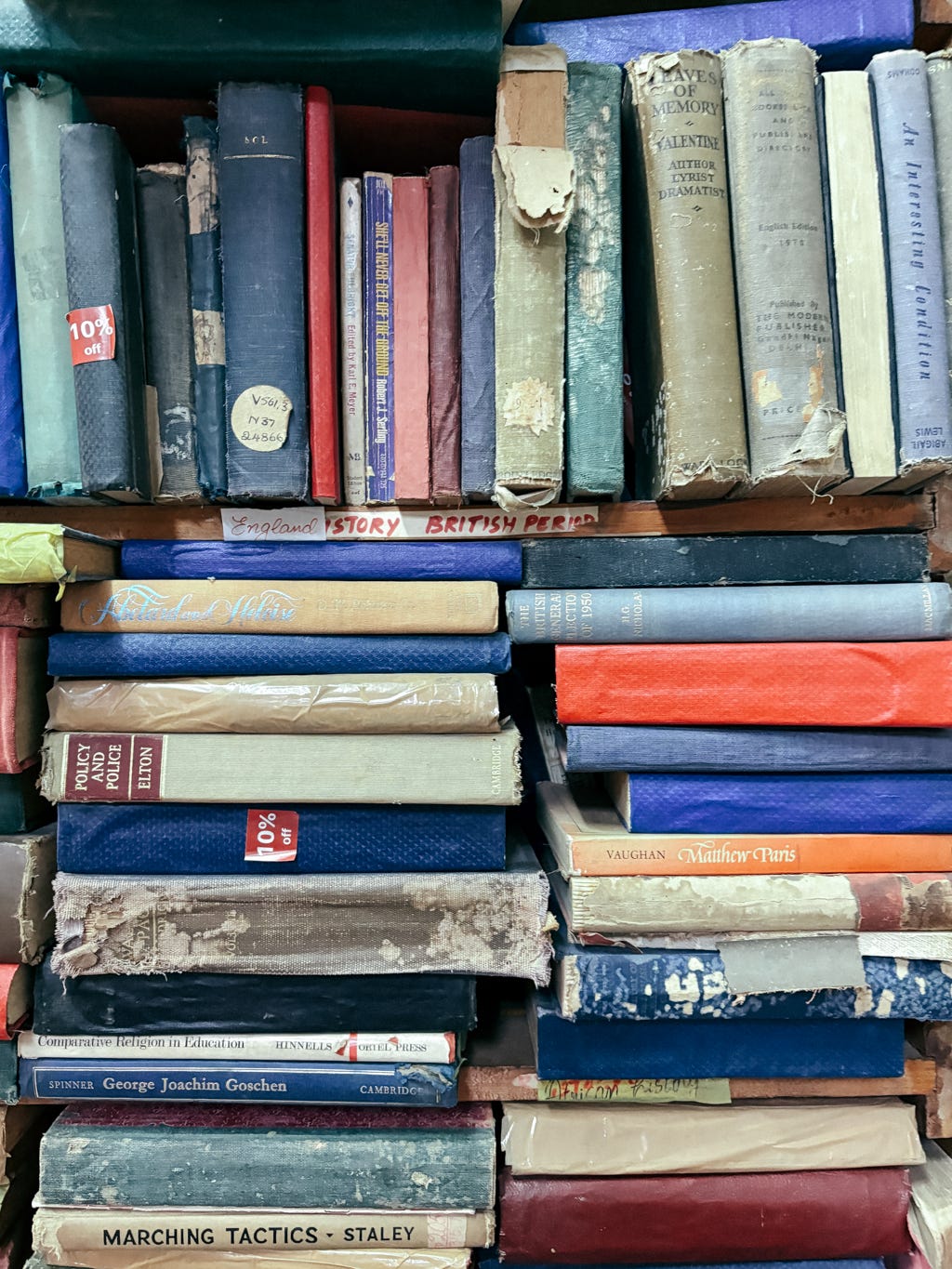
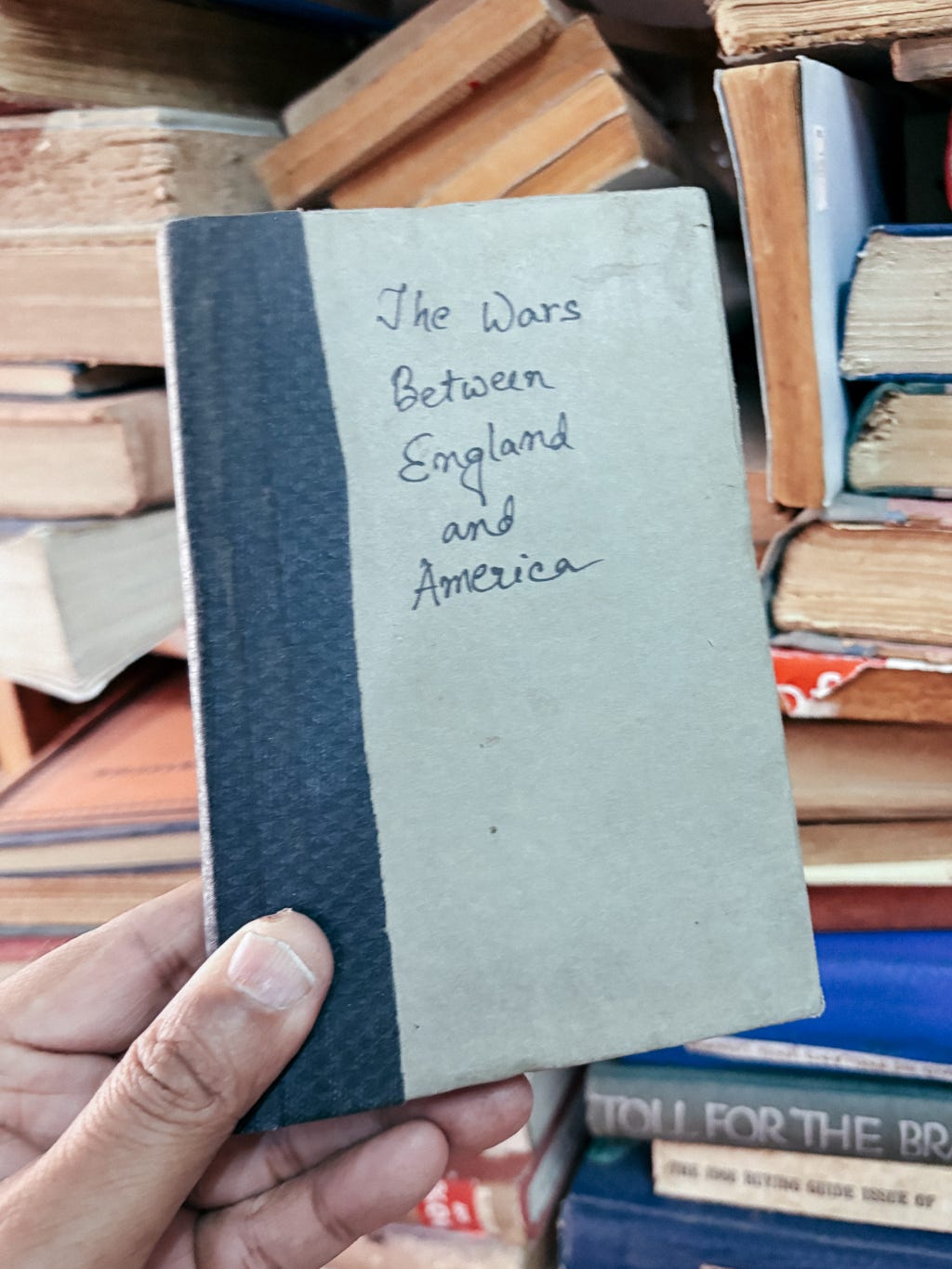

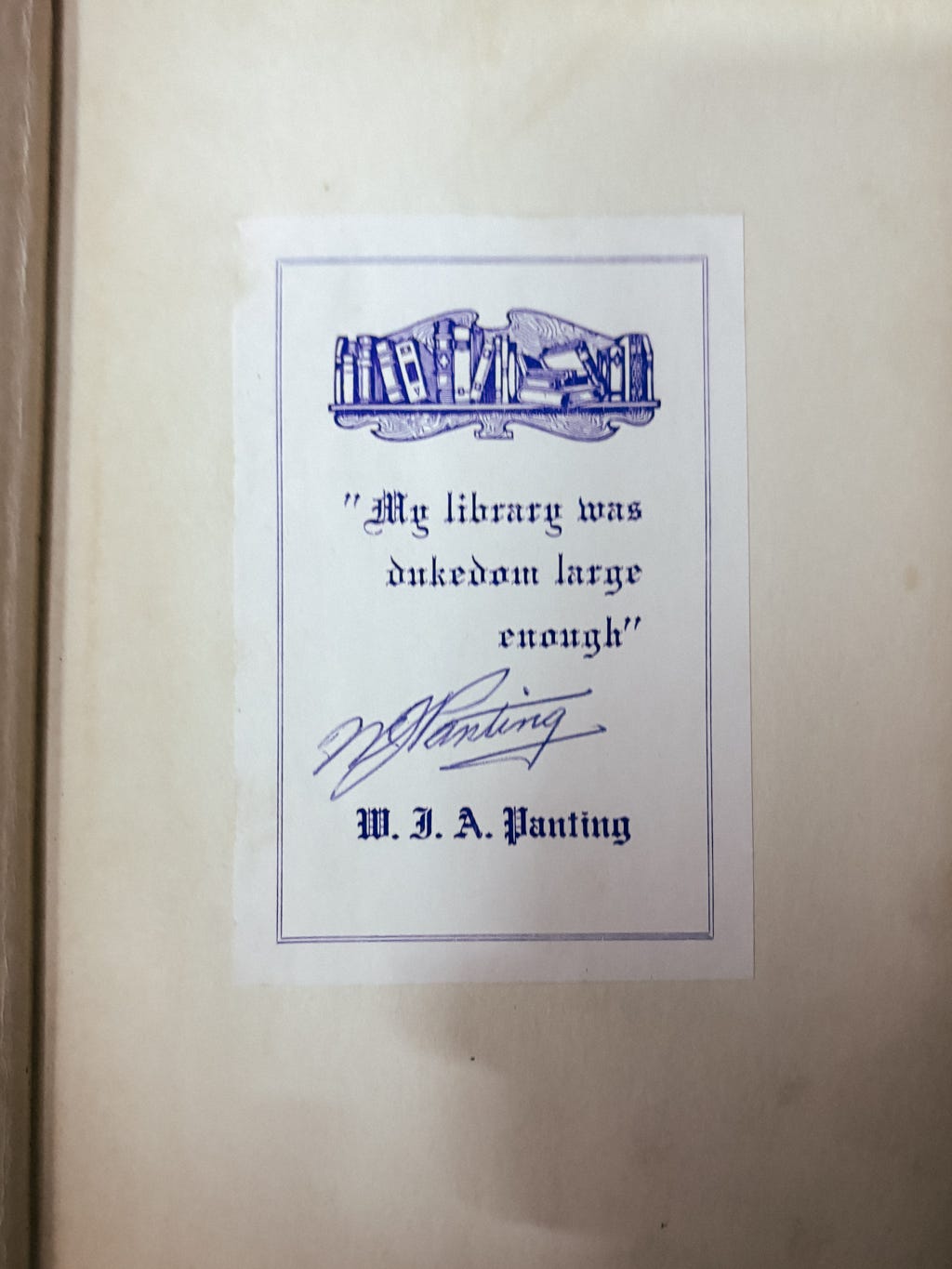
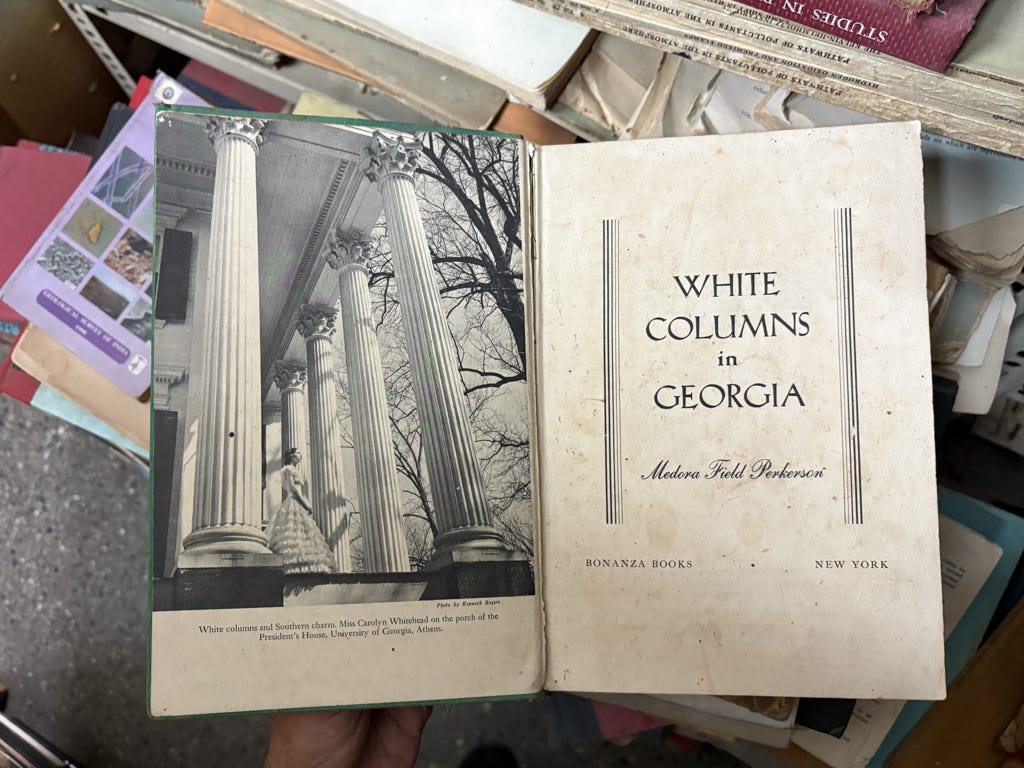
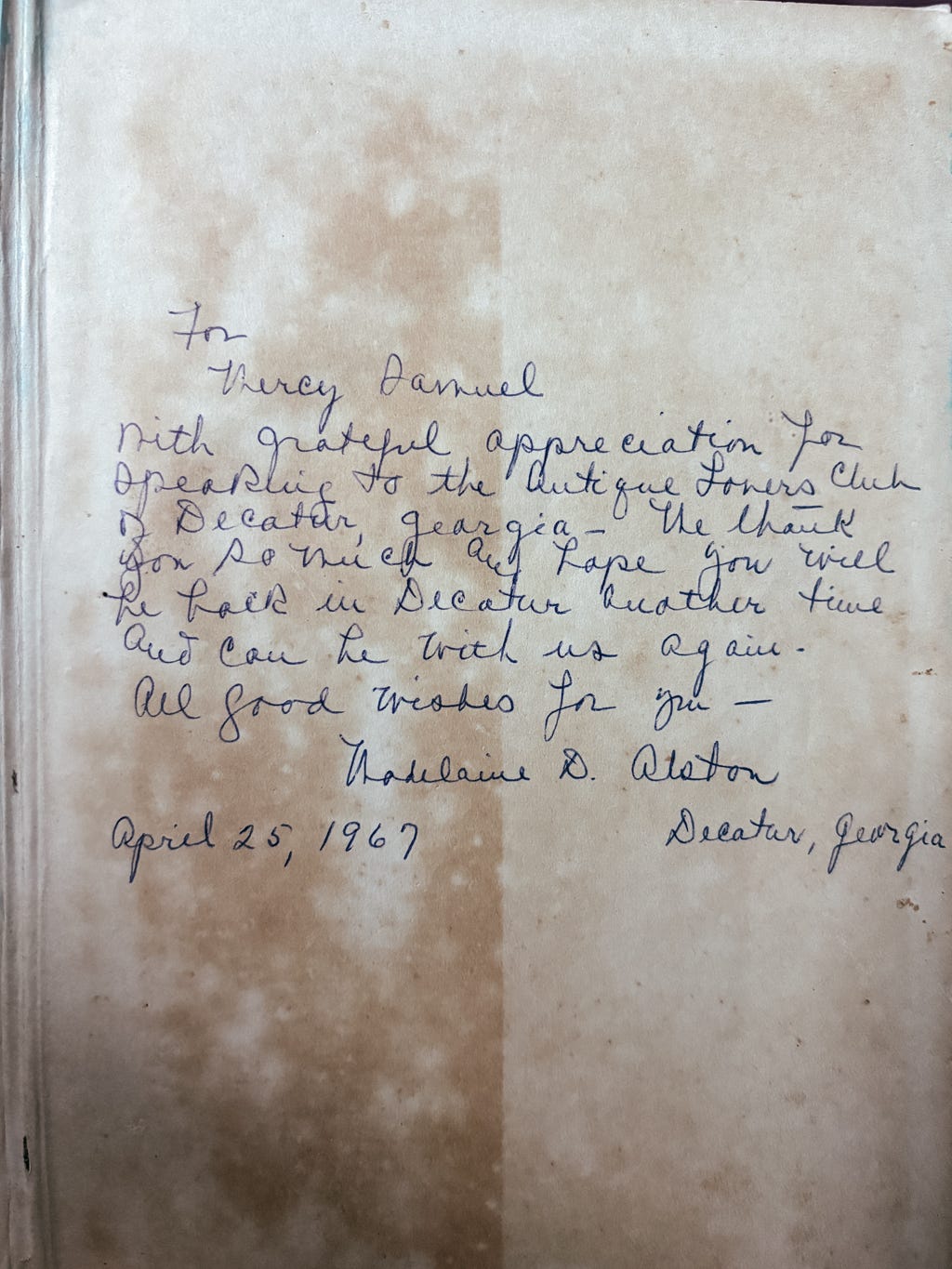
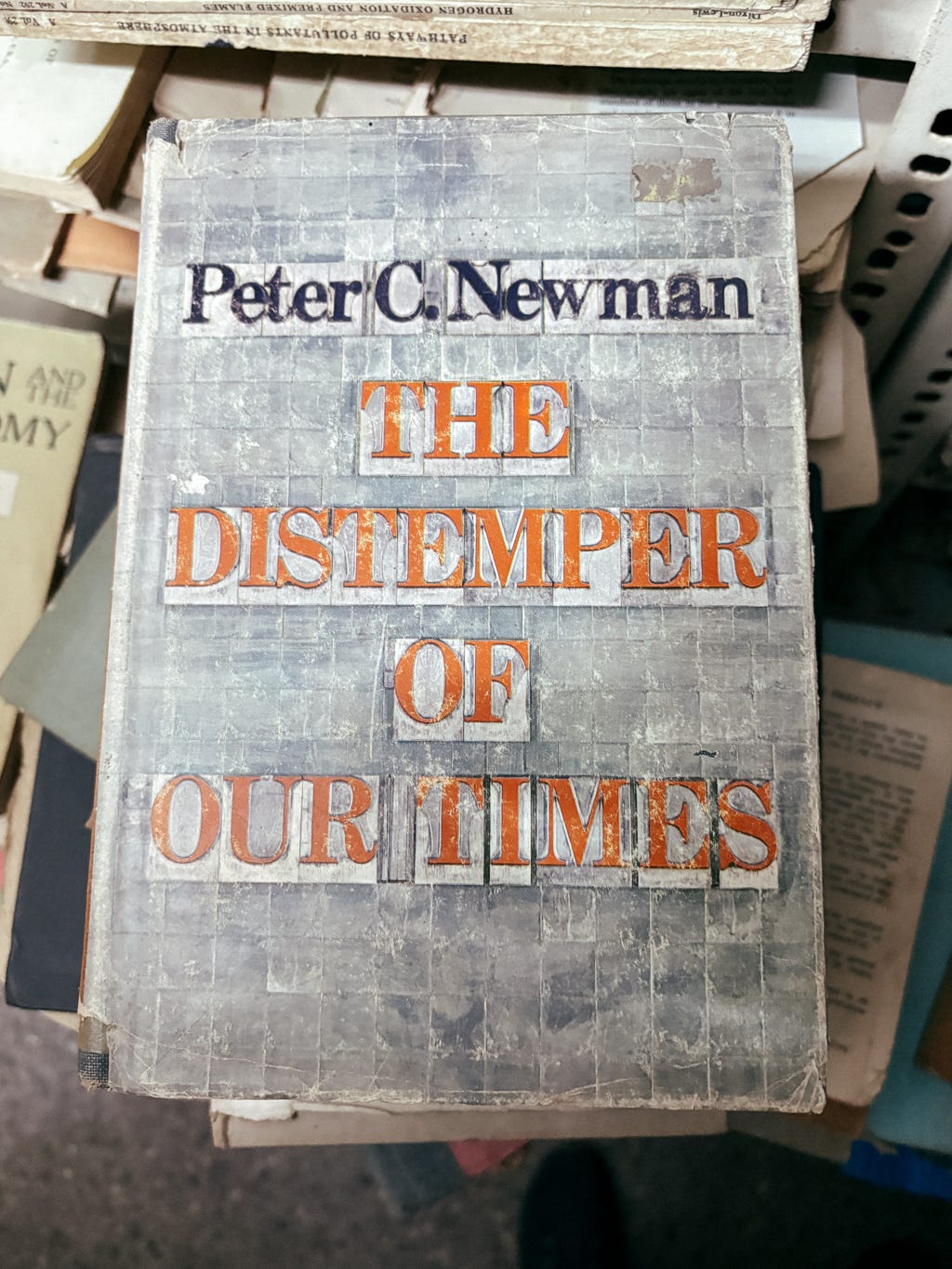
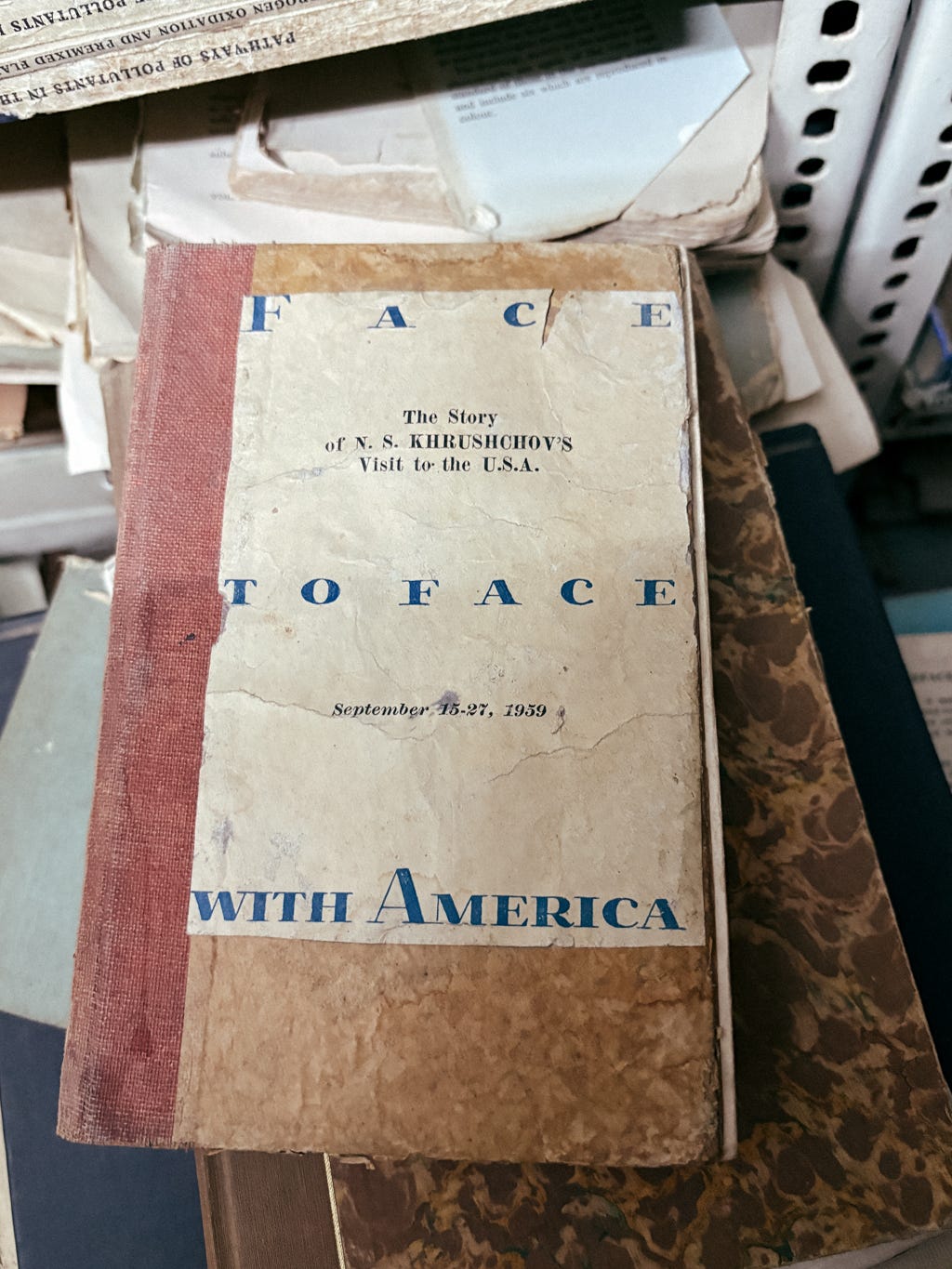
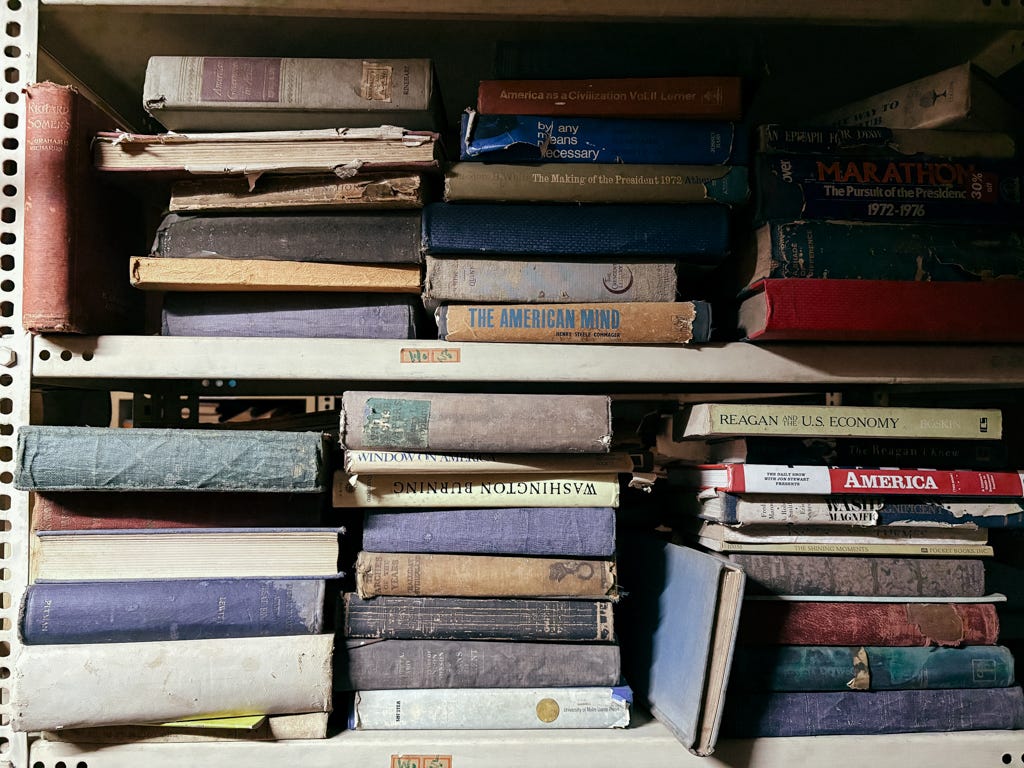
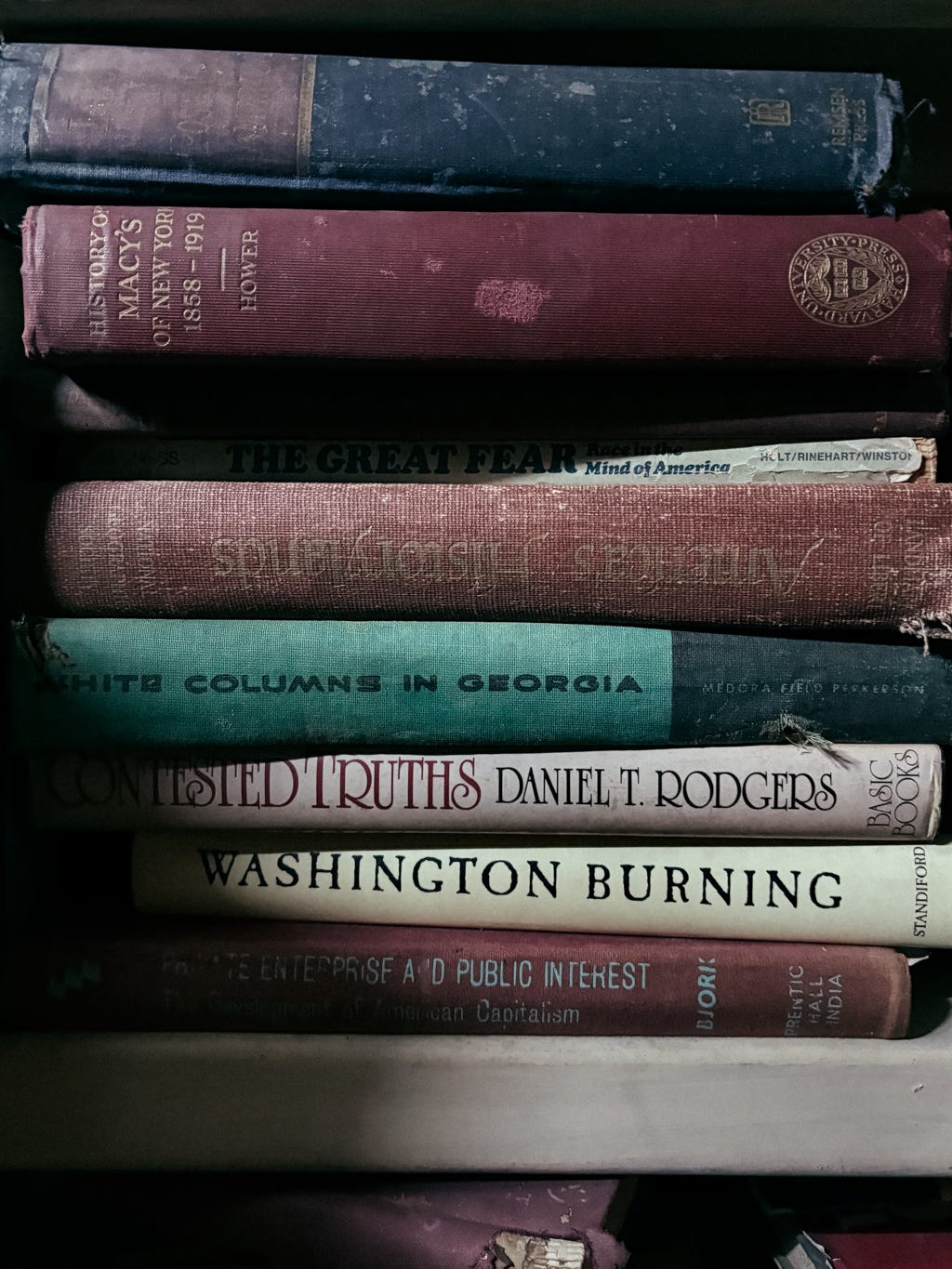
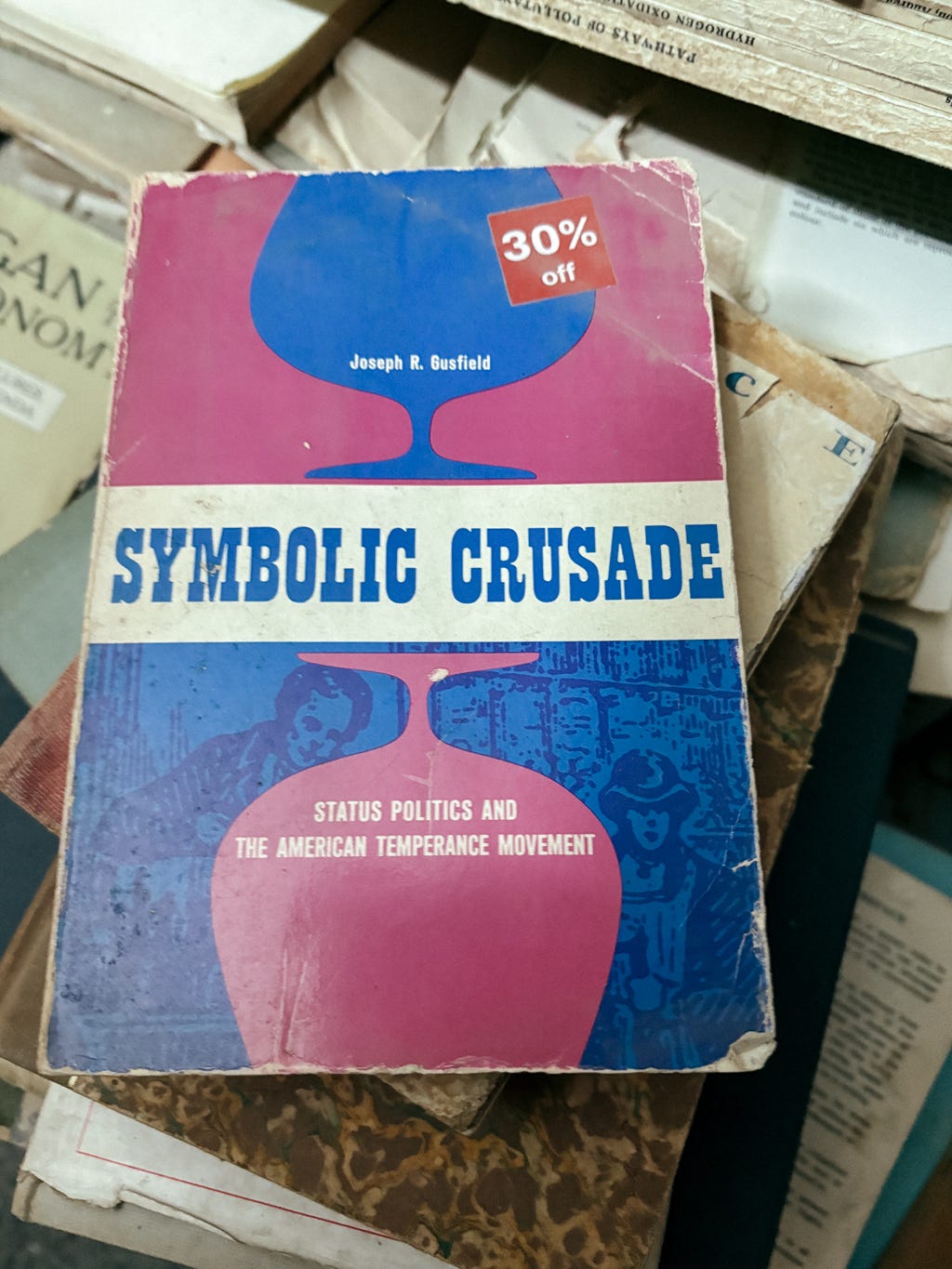
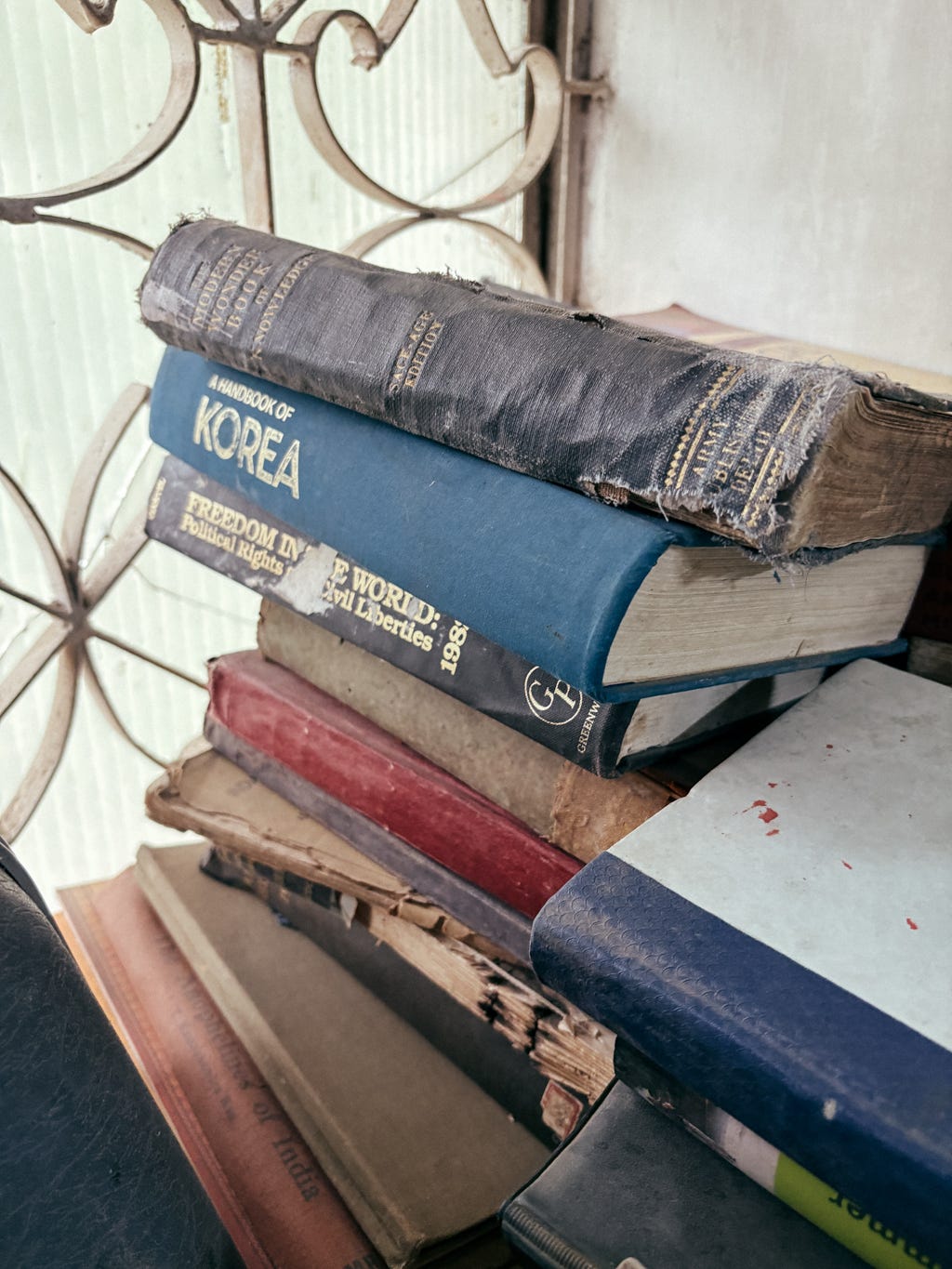
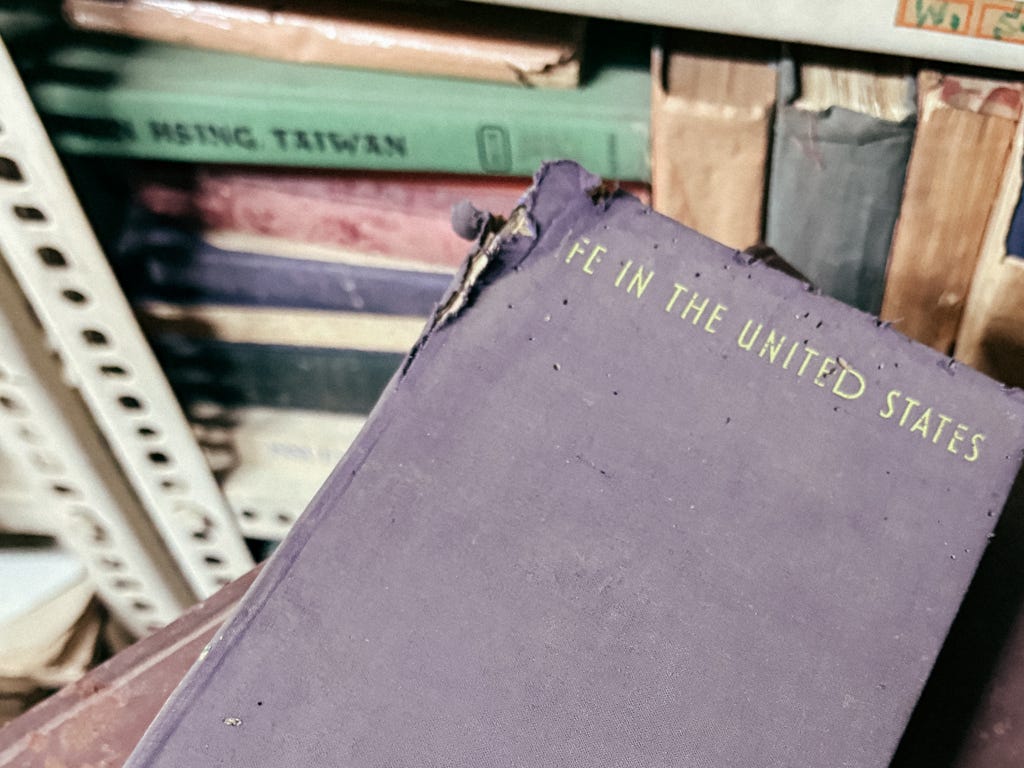
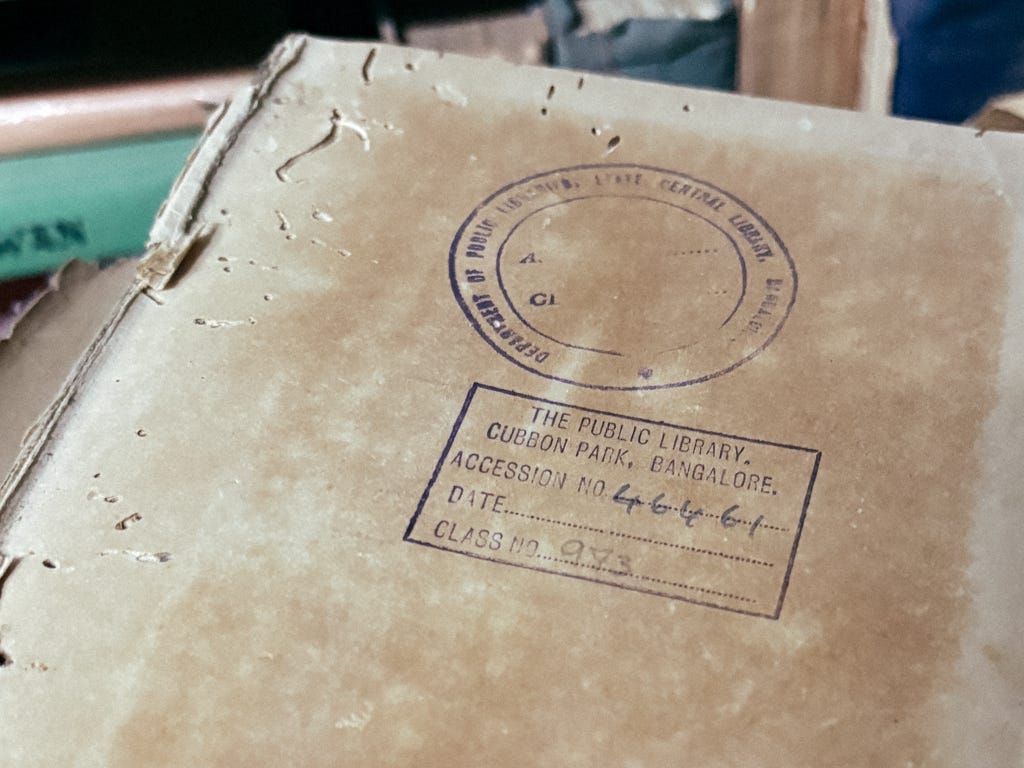
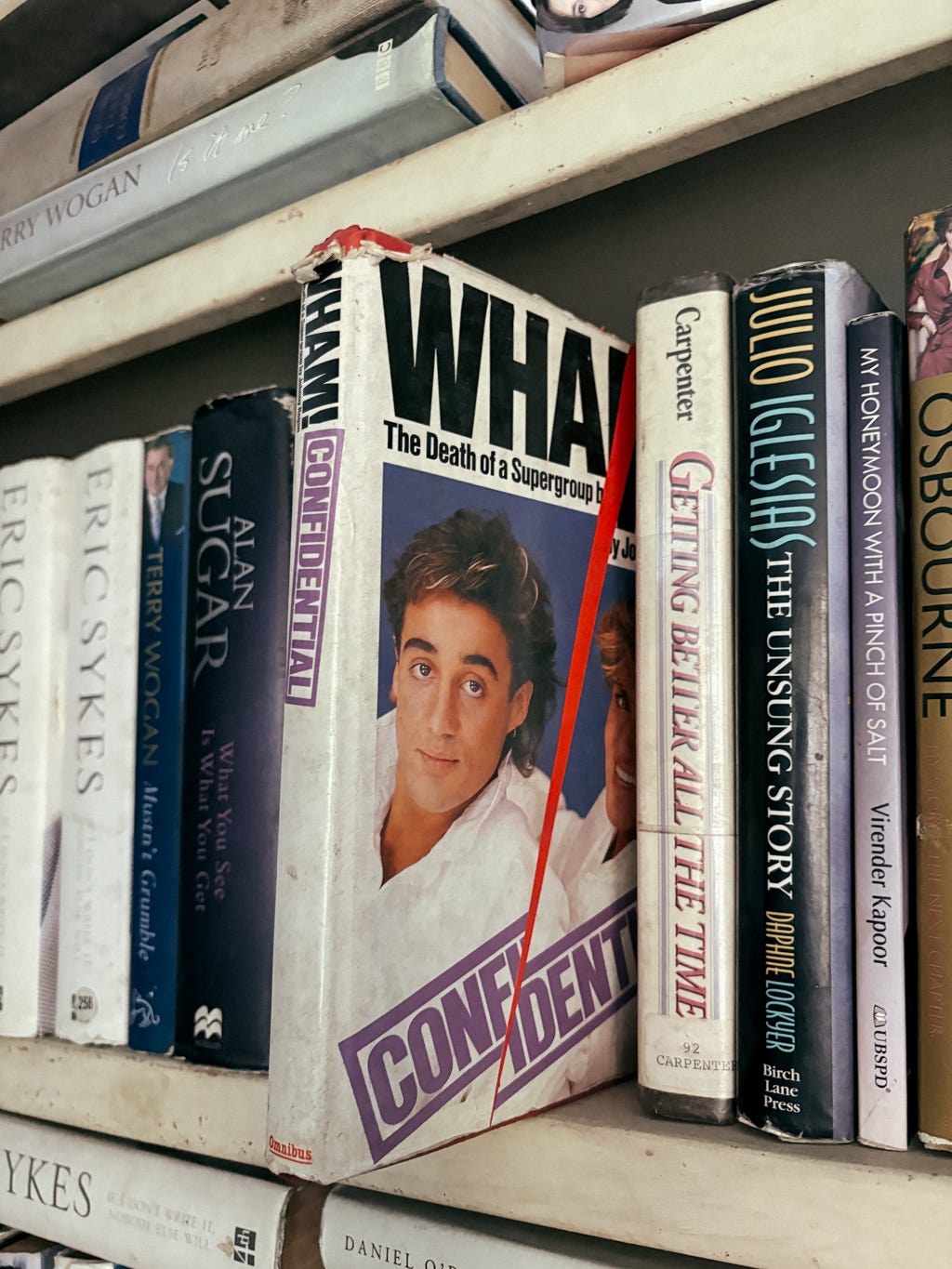
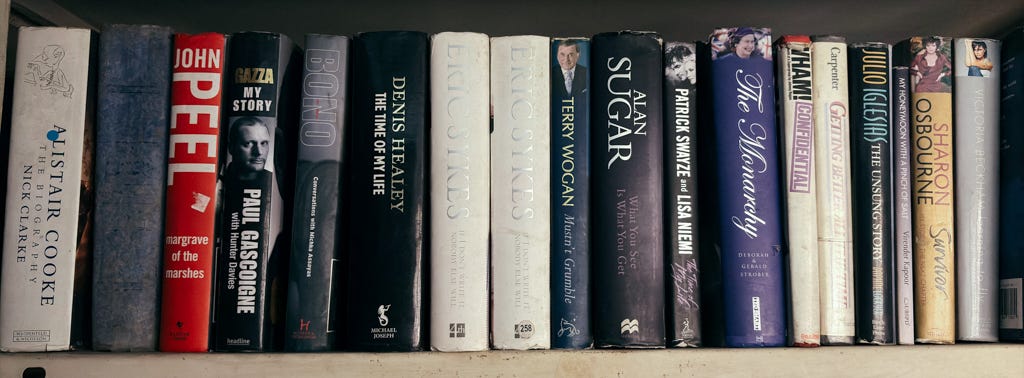
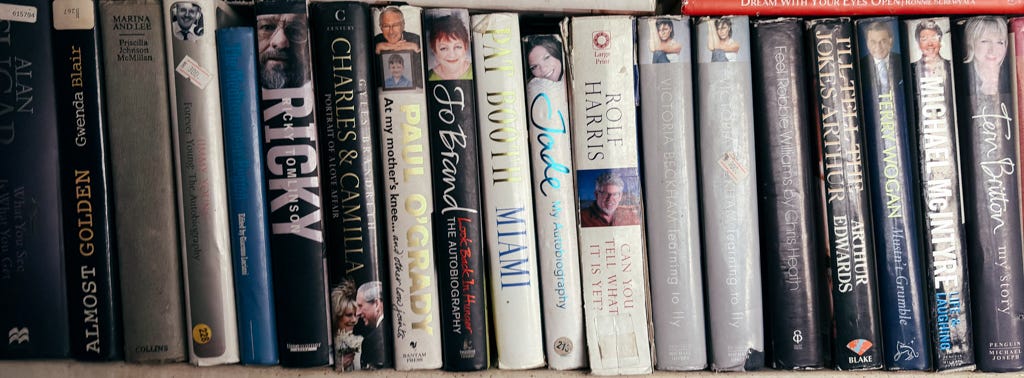
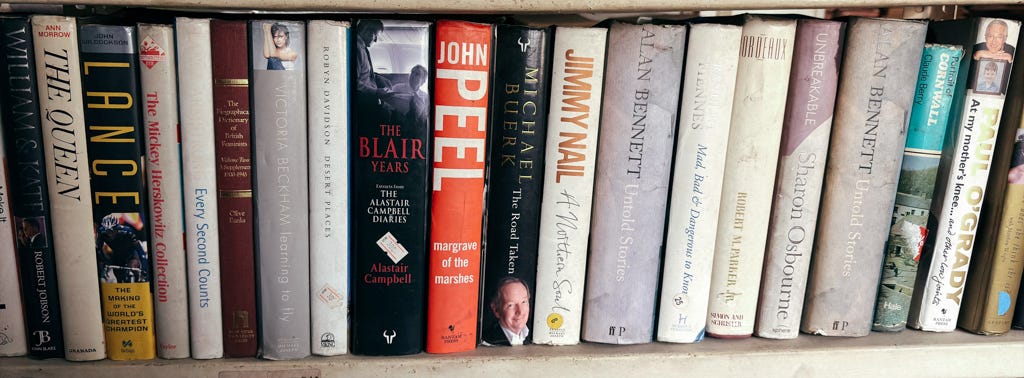
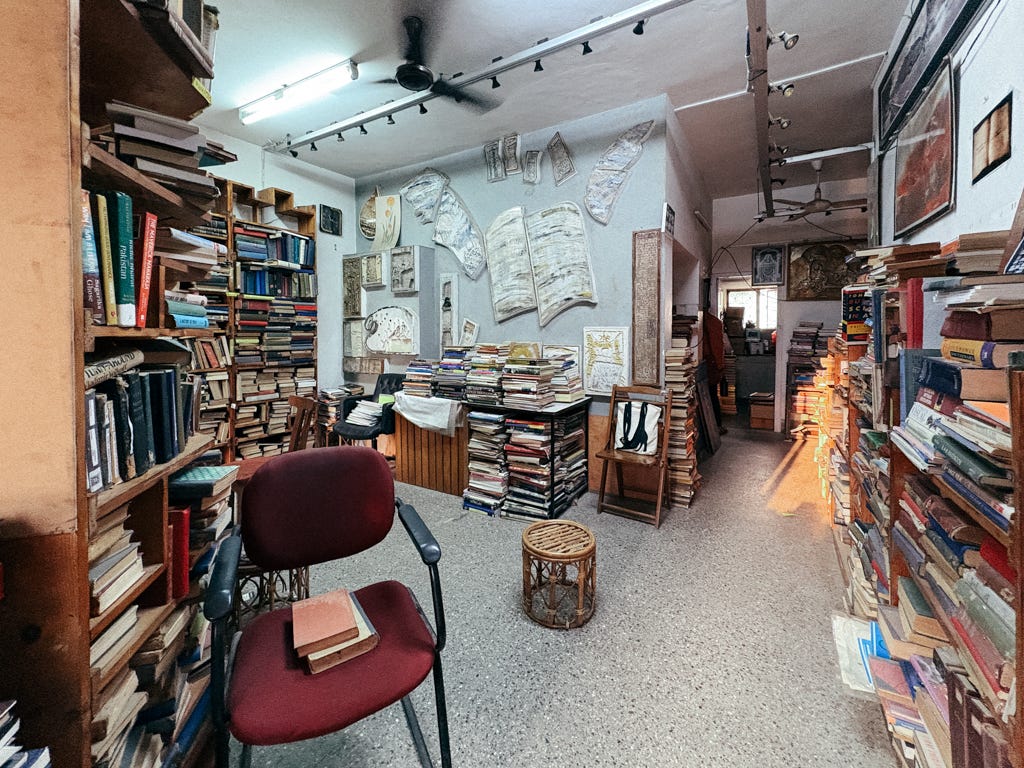
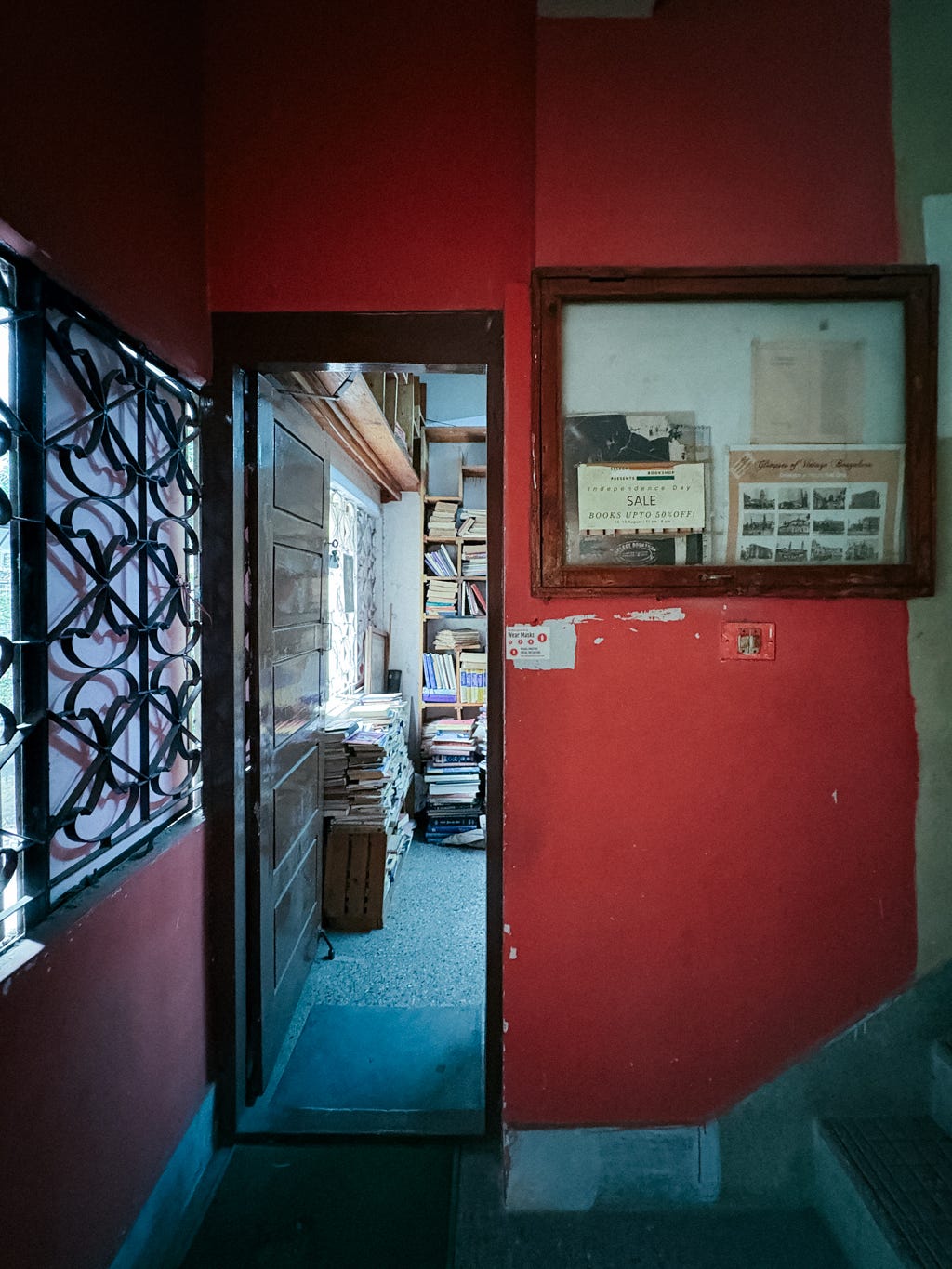
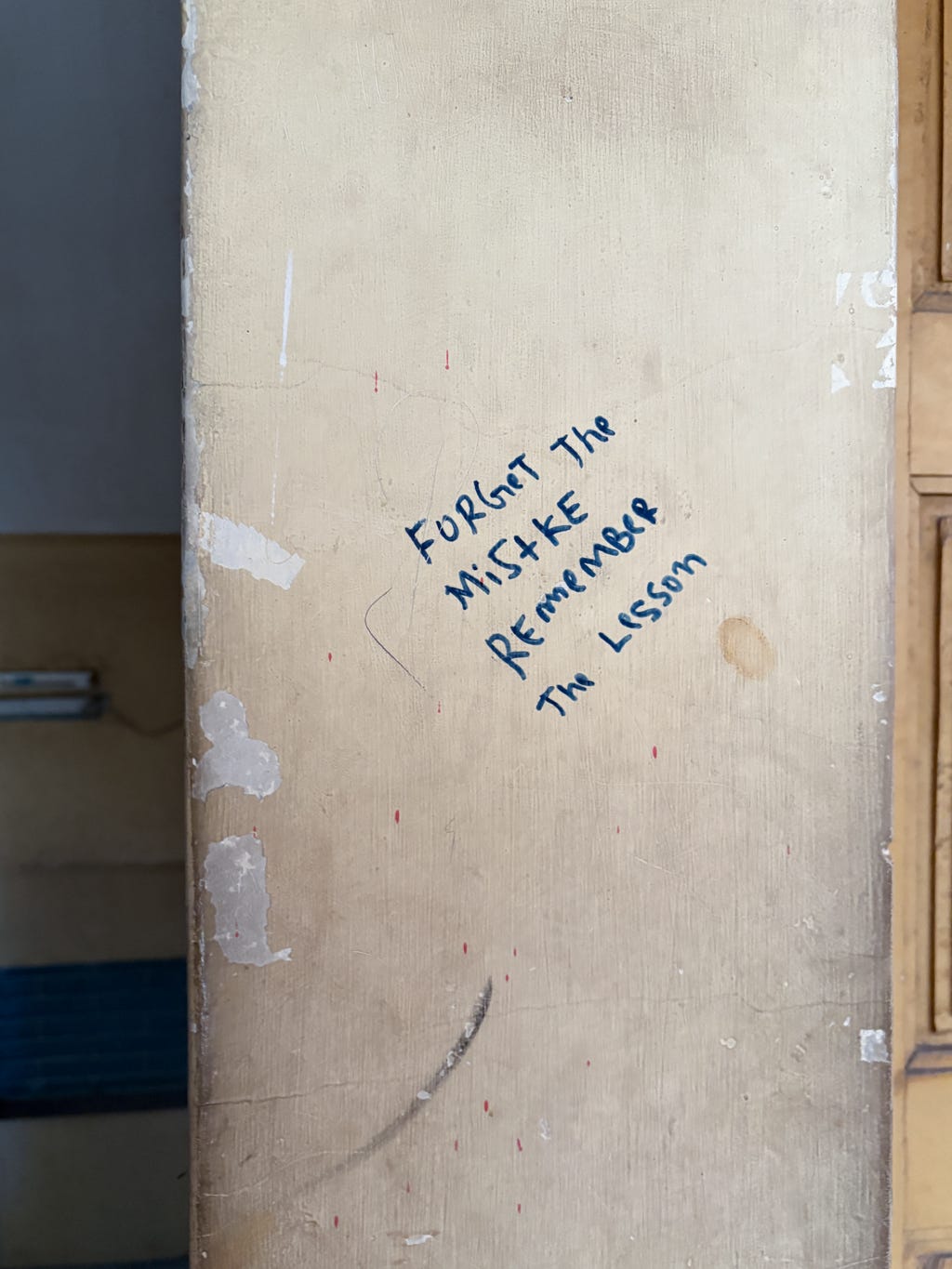
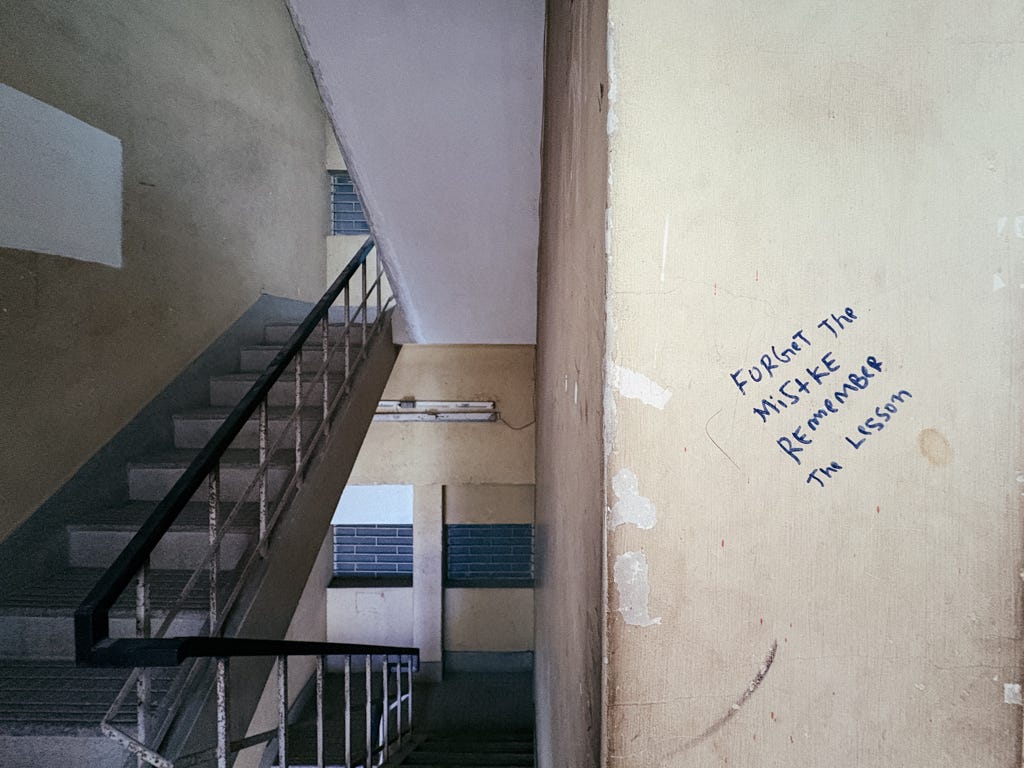
What a neat, little, sincere bookstore, thanks for taking us there. 🙏
Oh wow! Thankyou so much for sharing this. I have been a regular to Blossoms and Bookworm but missed visiting Select altogether. What a shame! :(
Now I know where to go first when I am towards Brigade road.